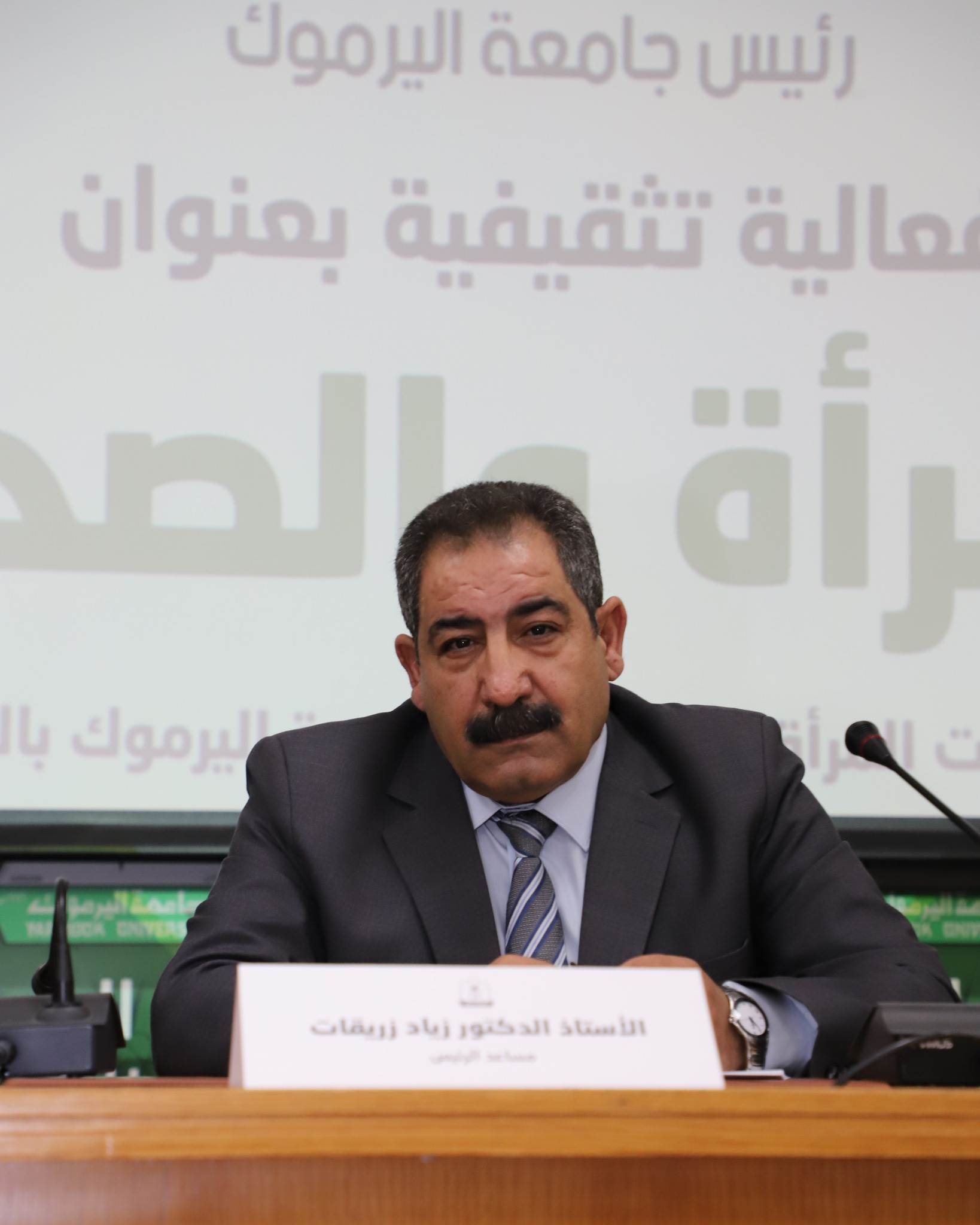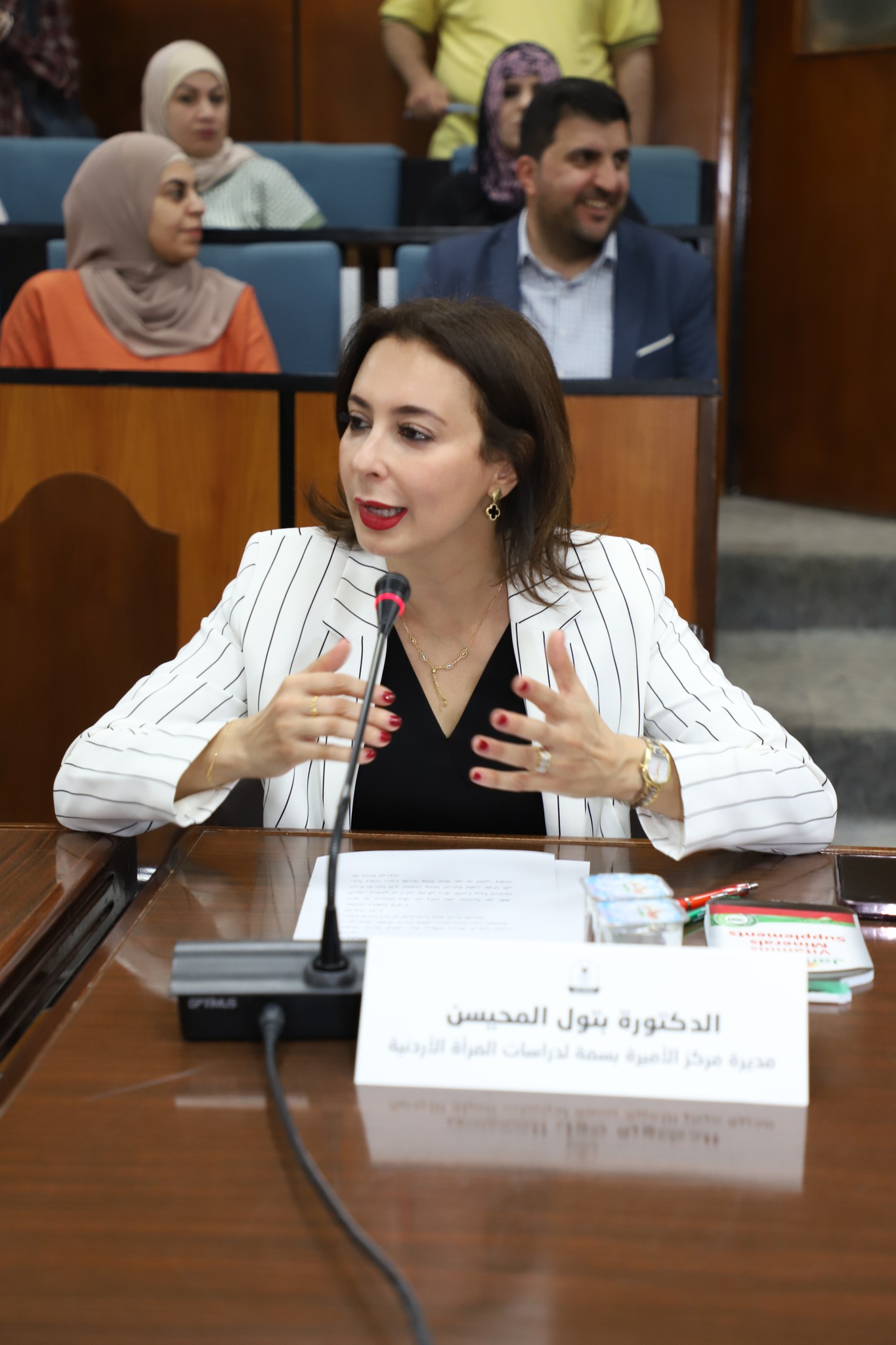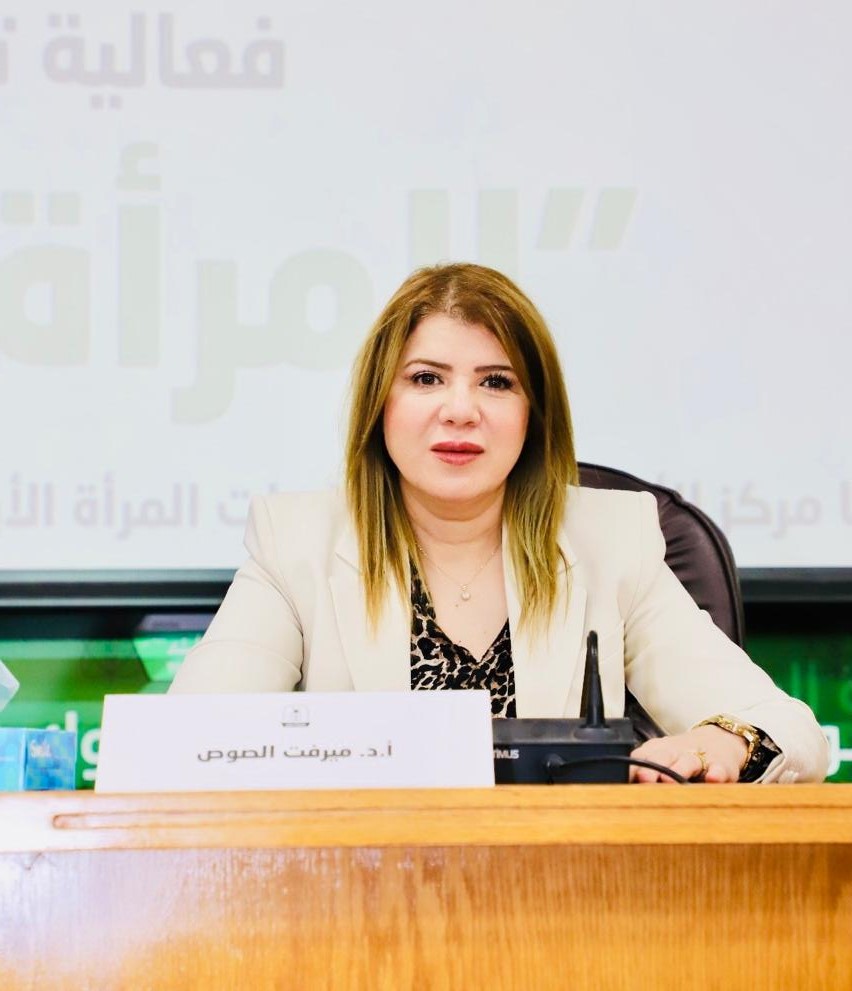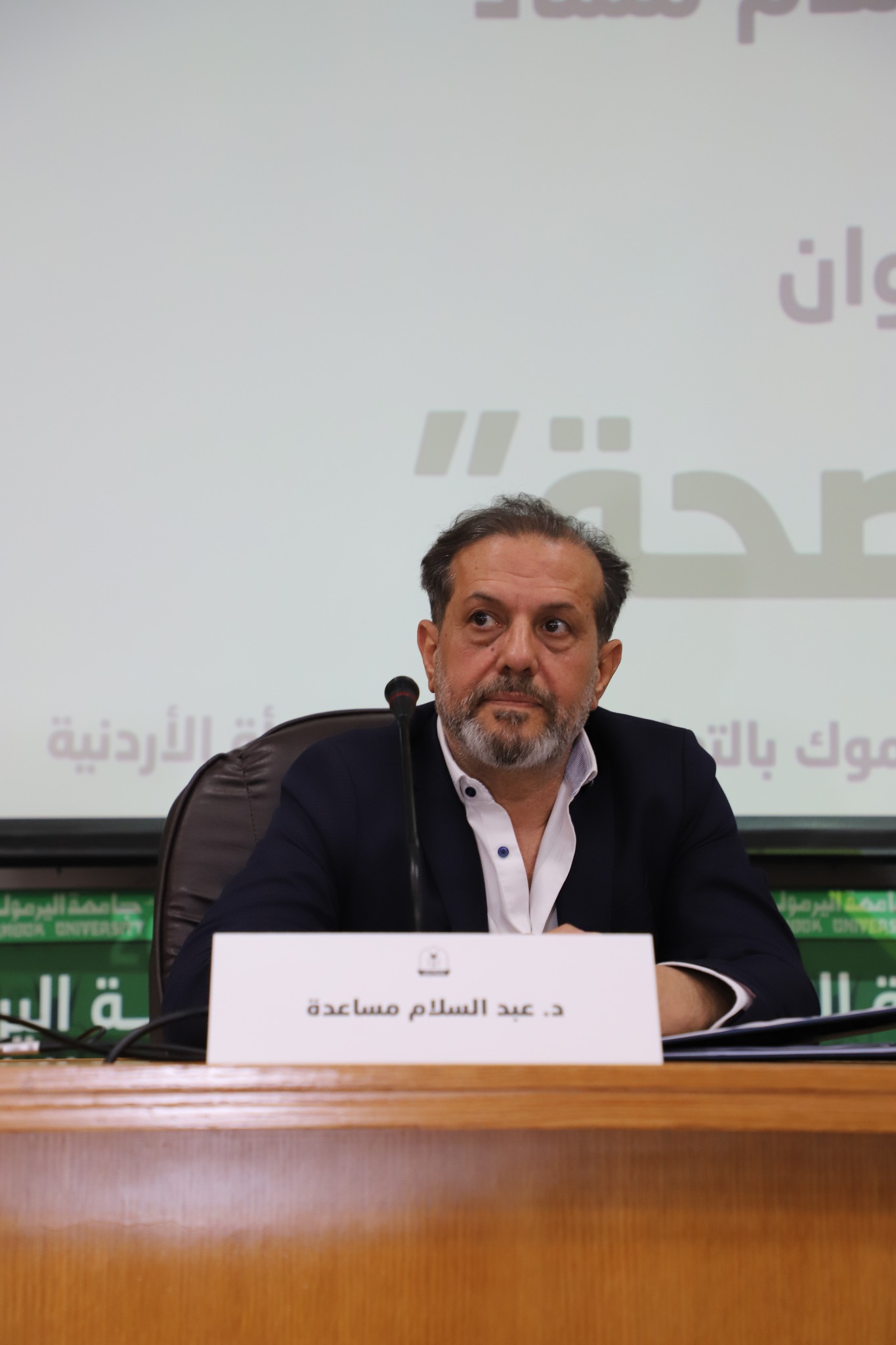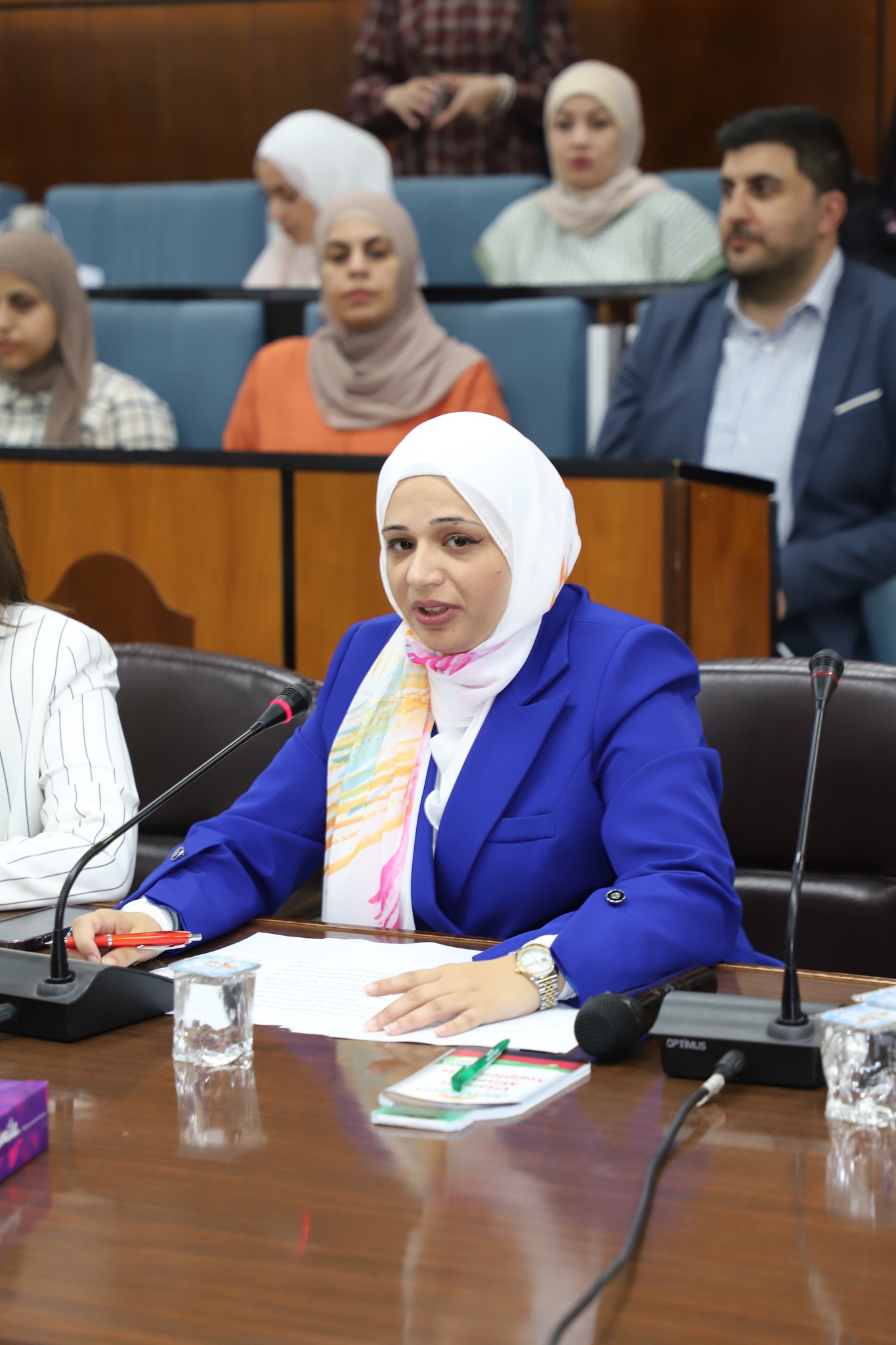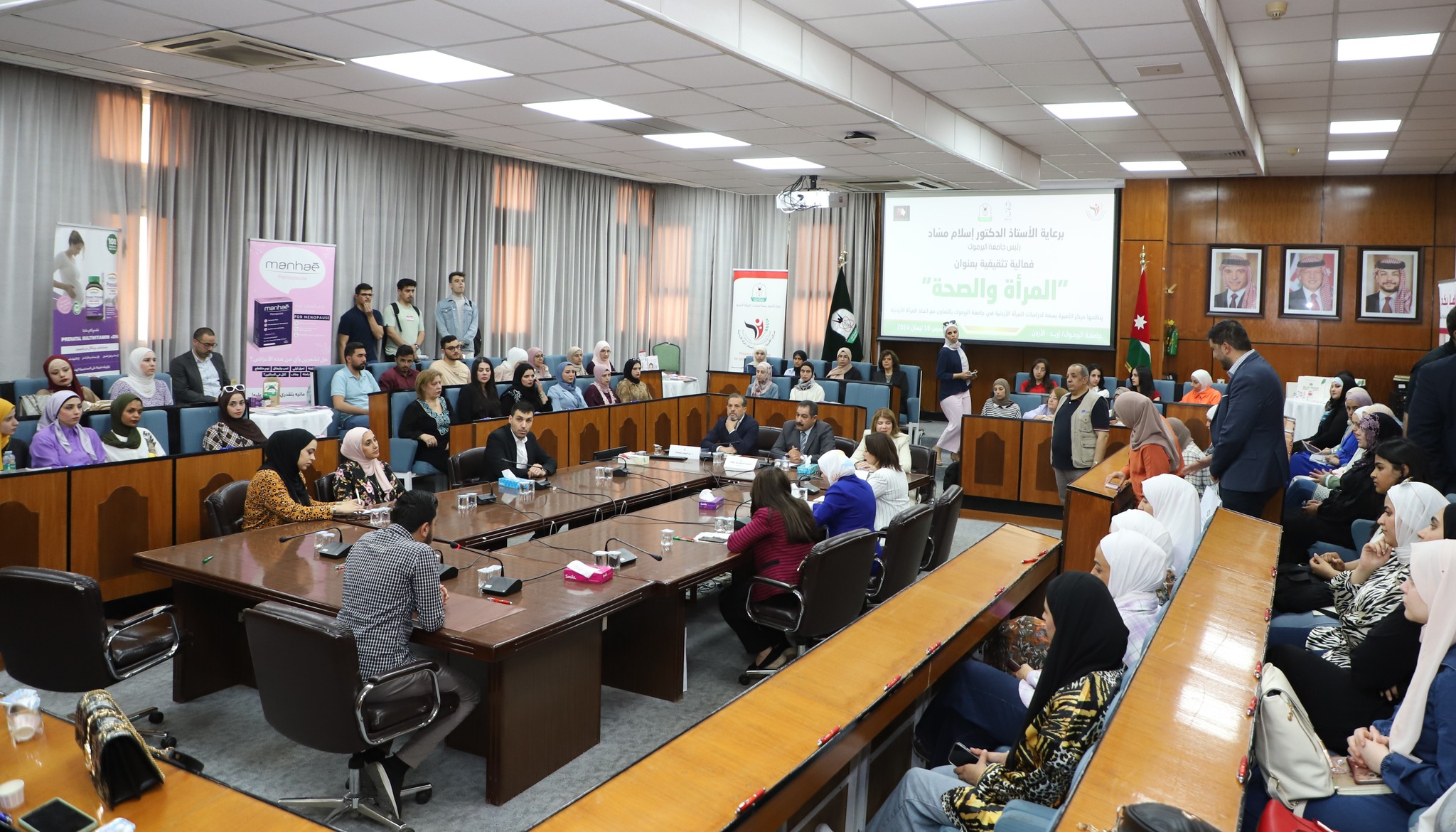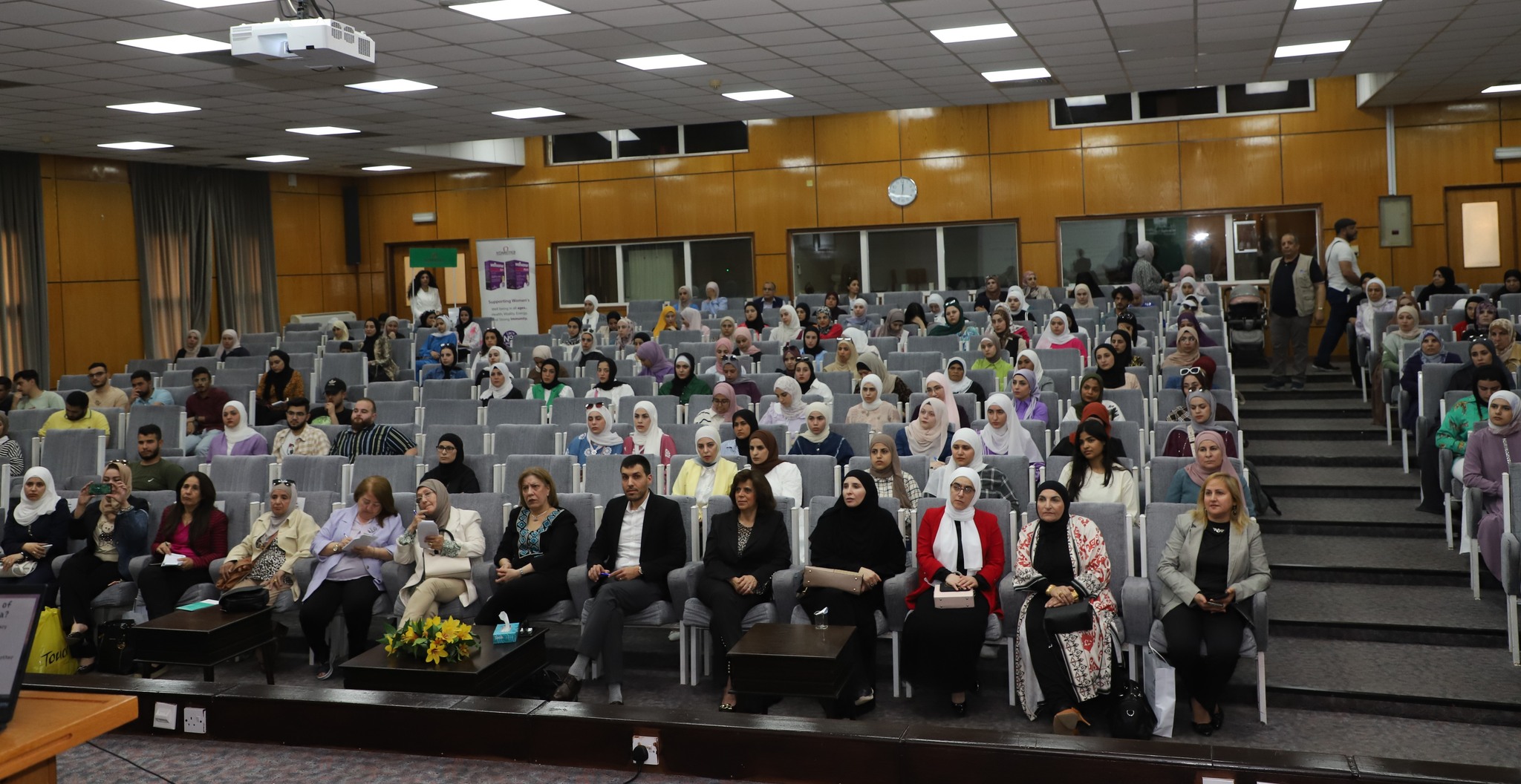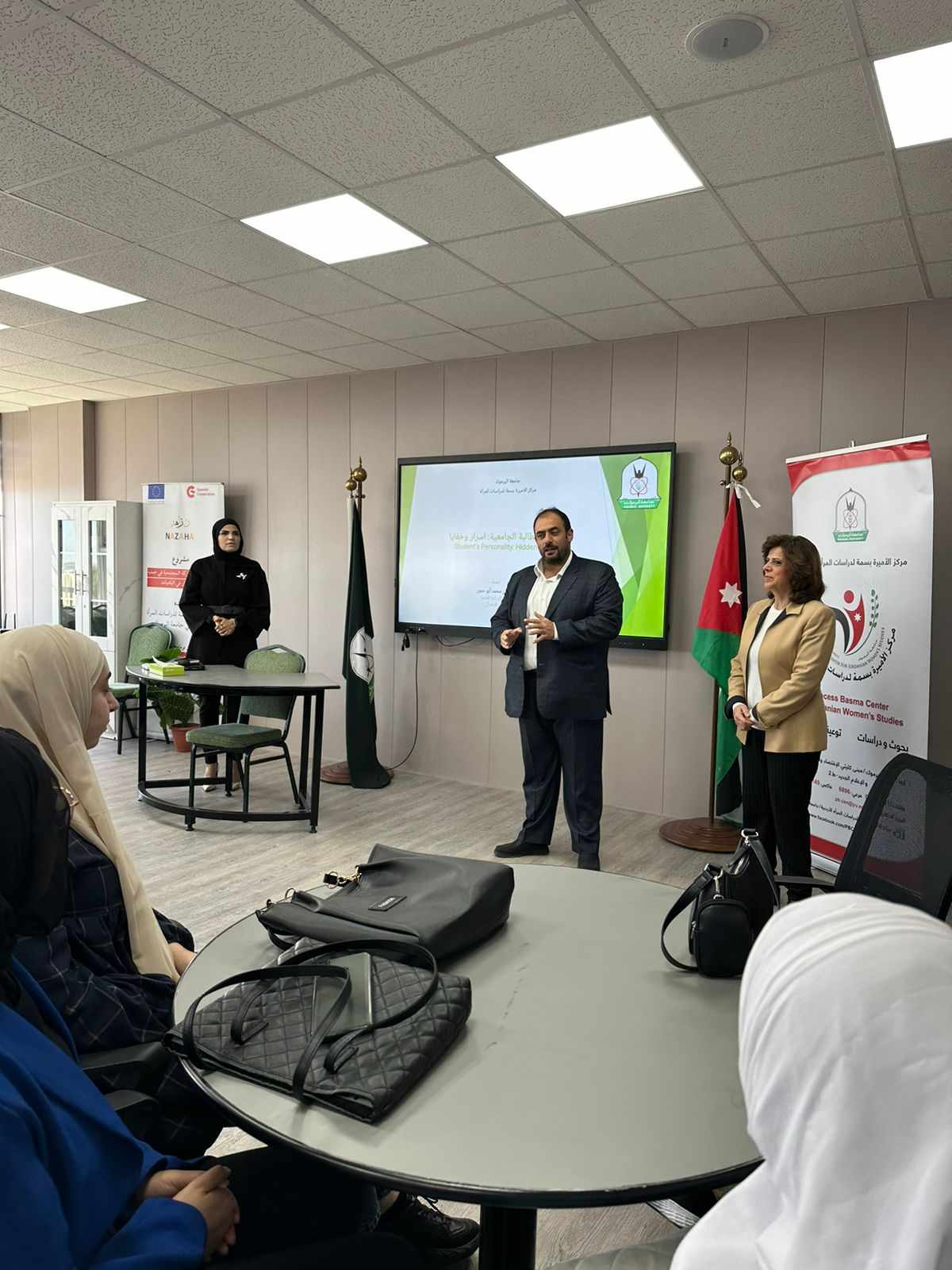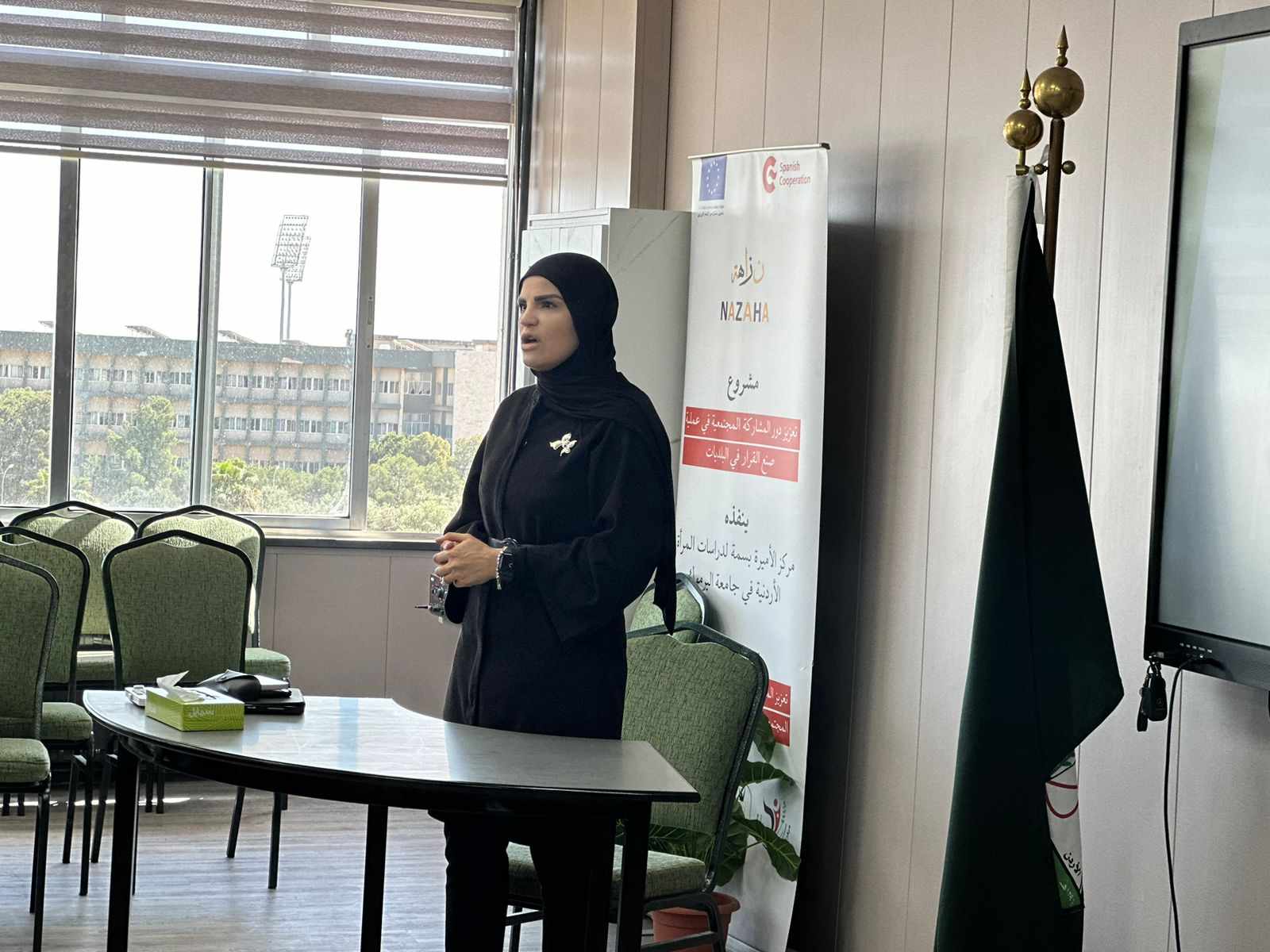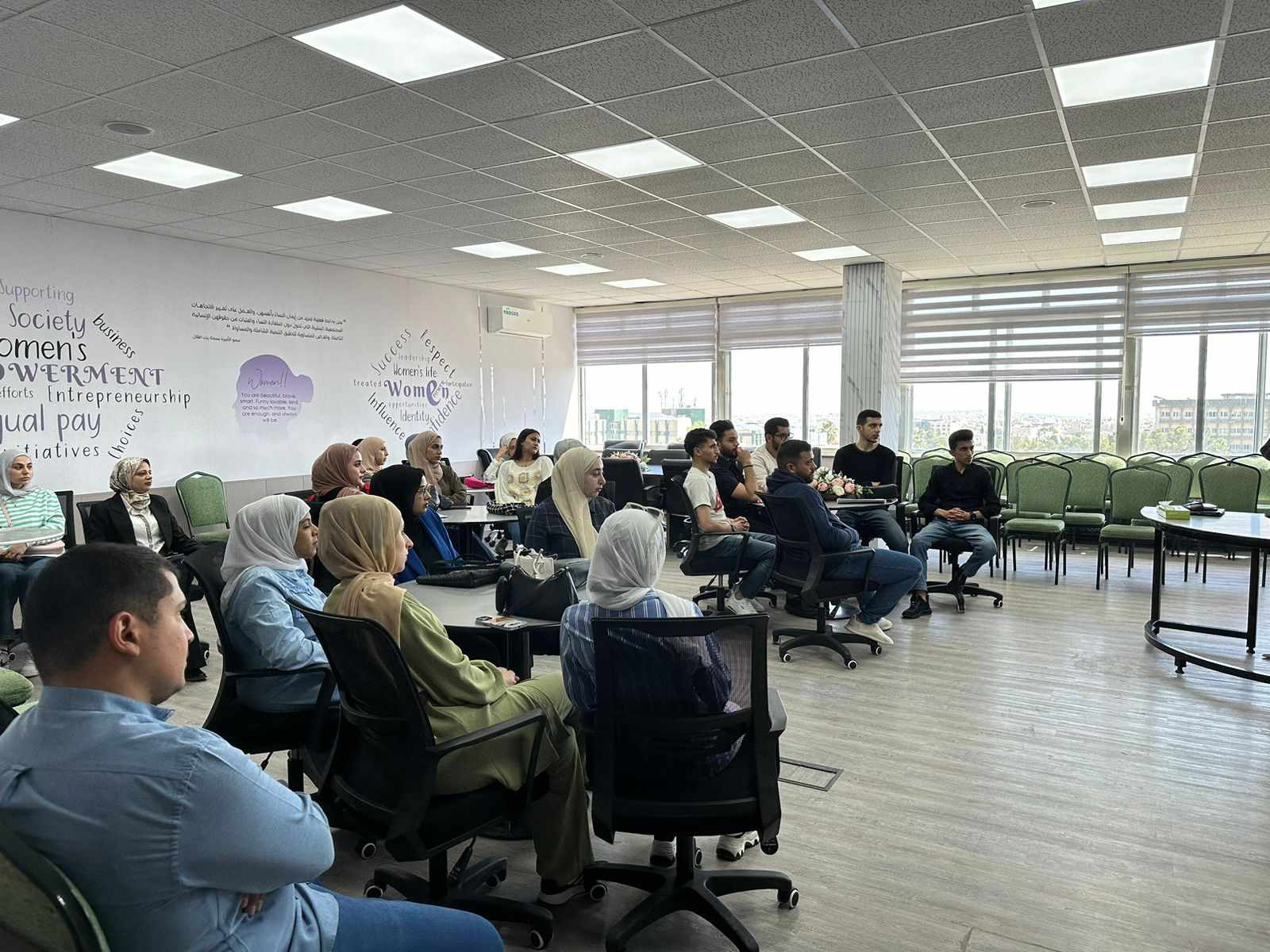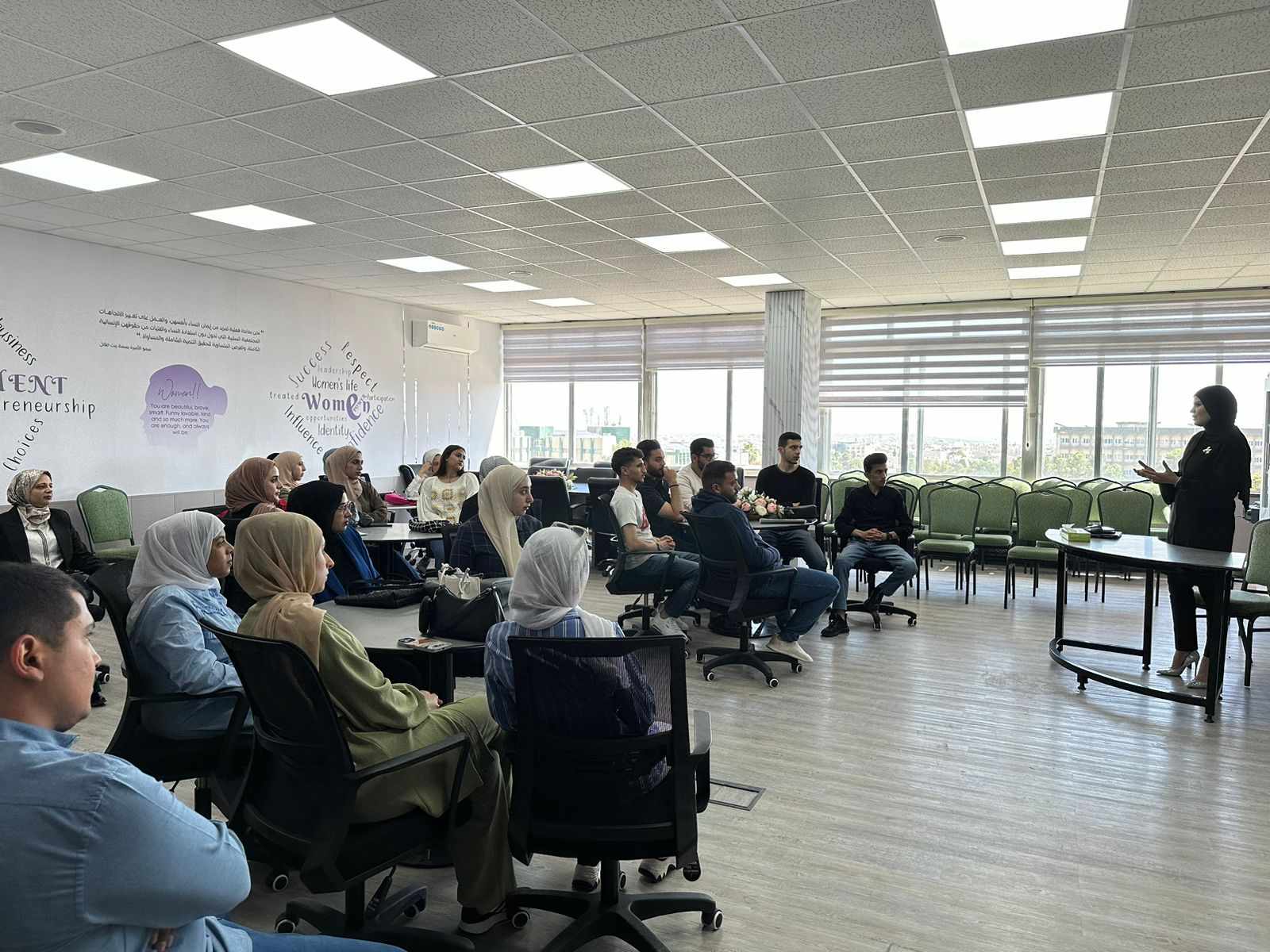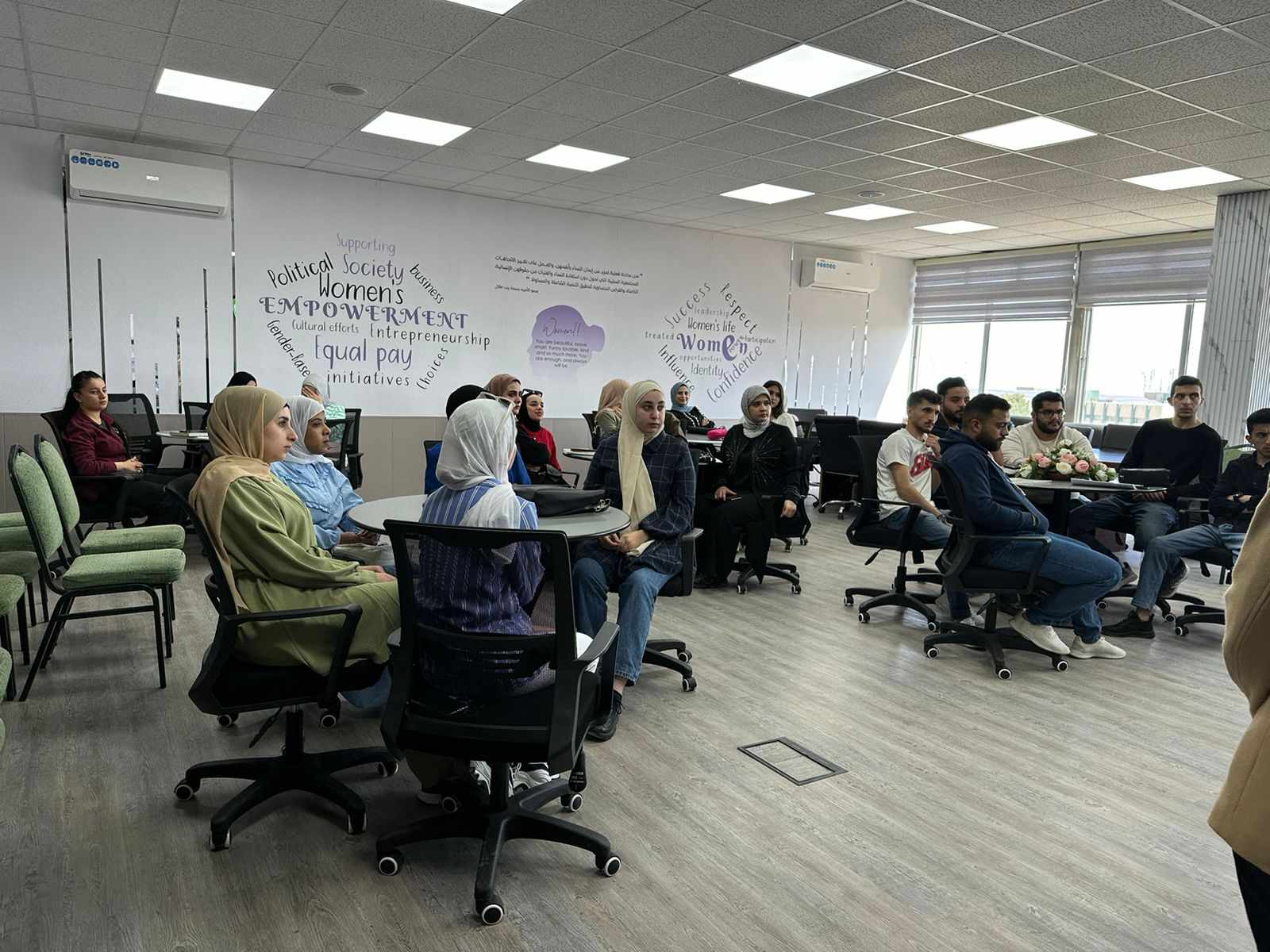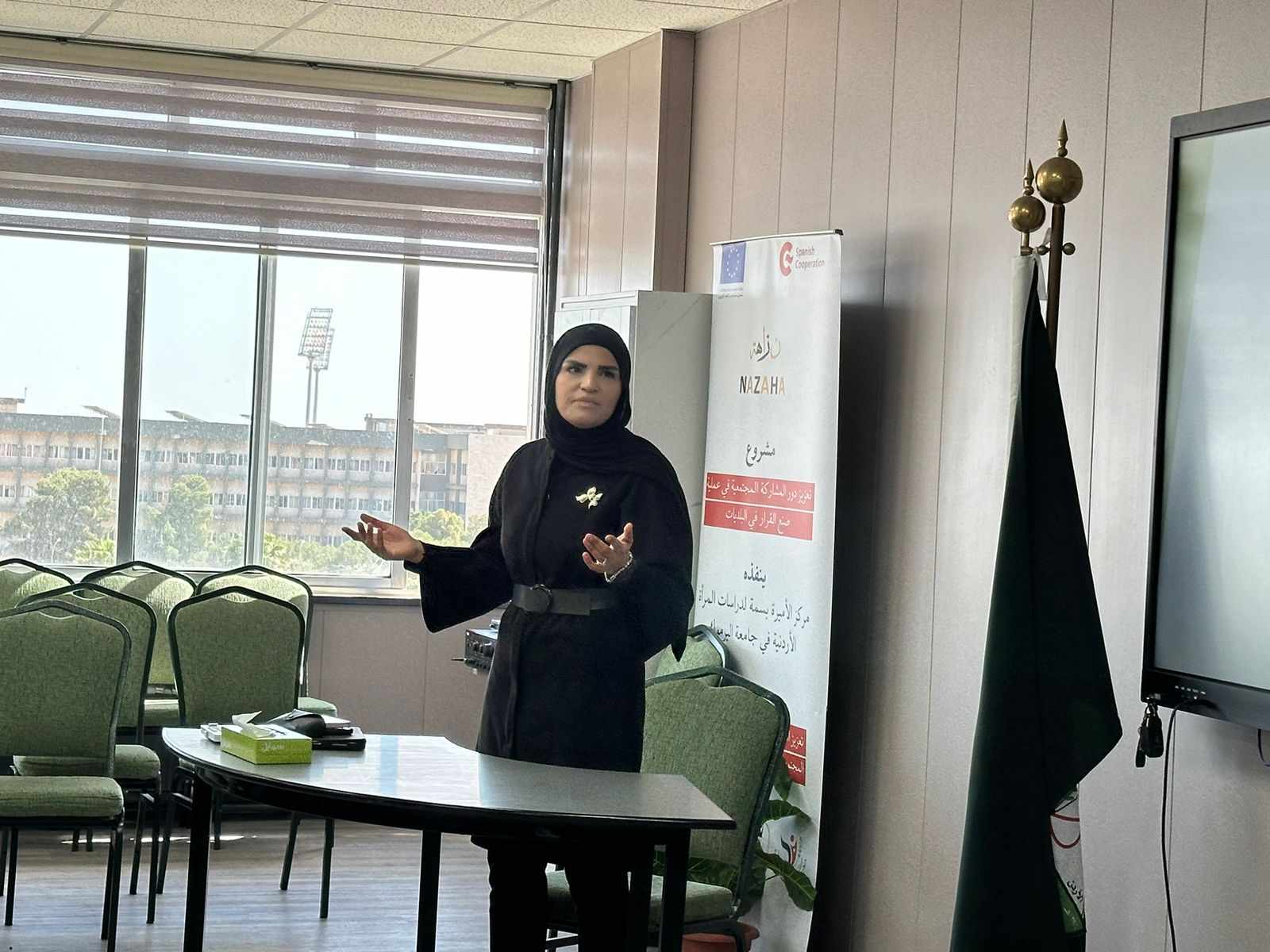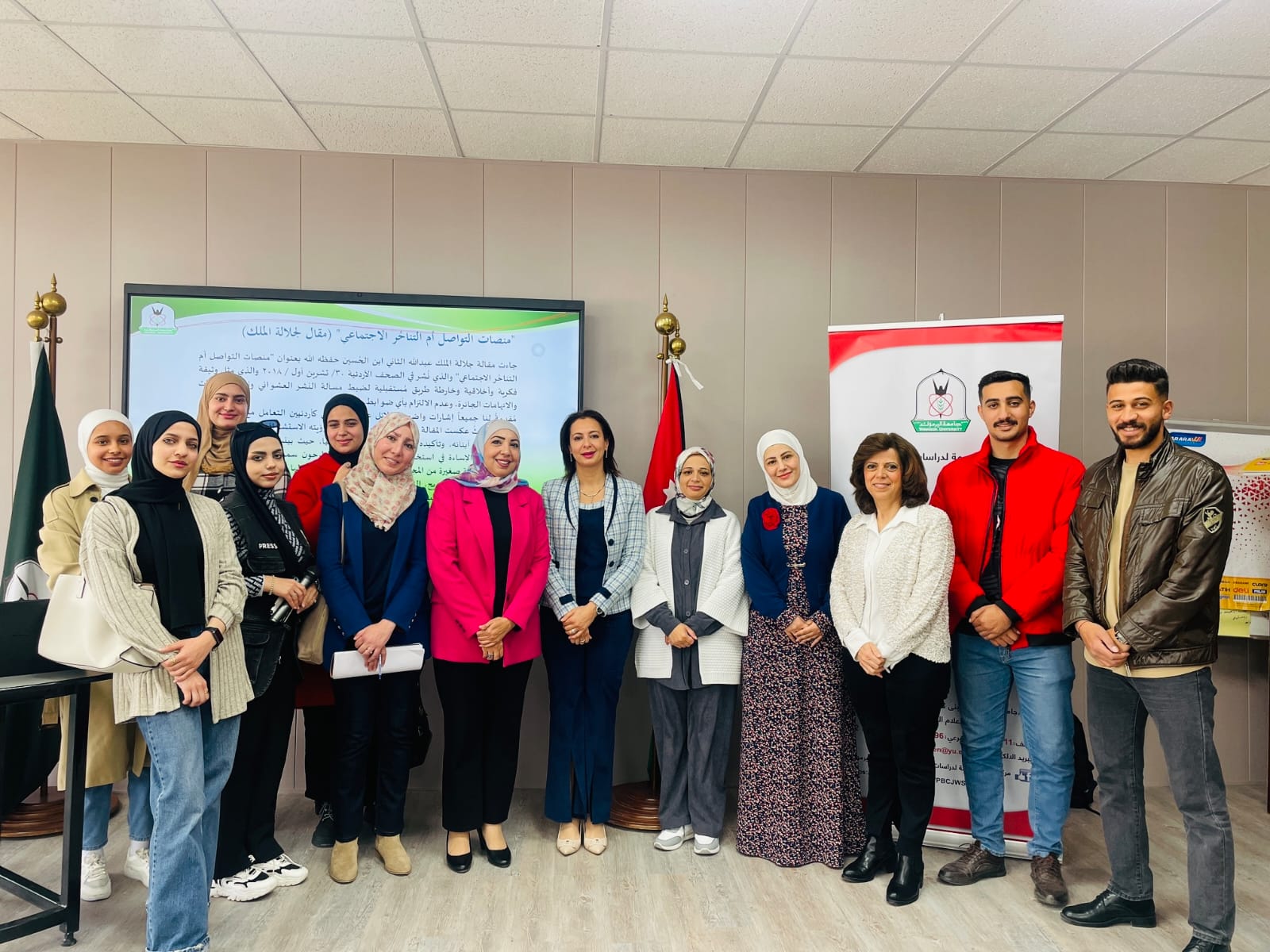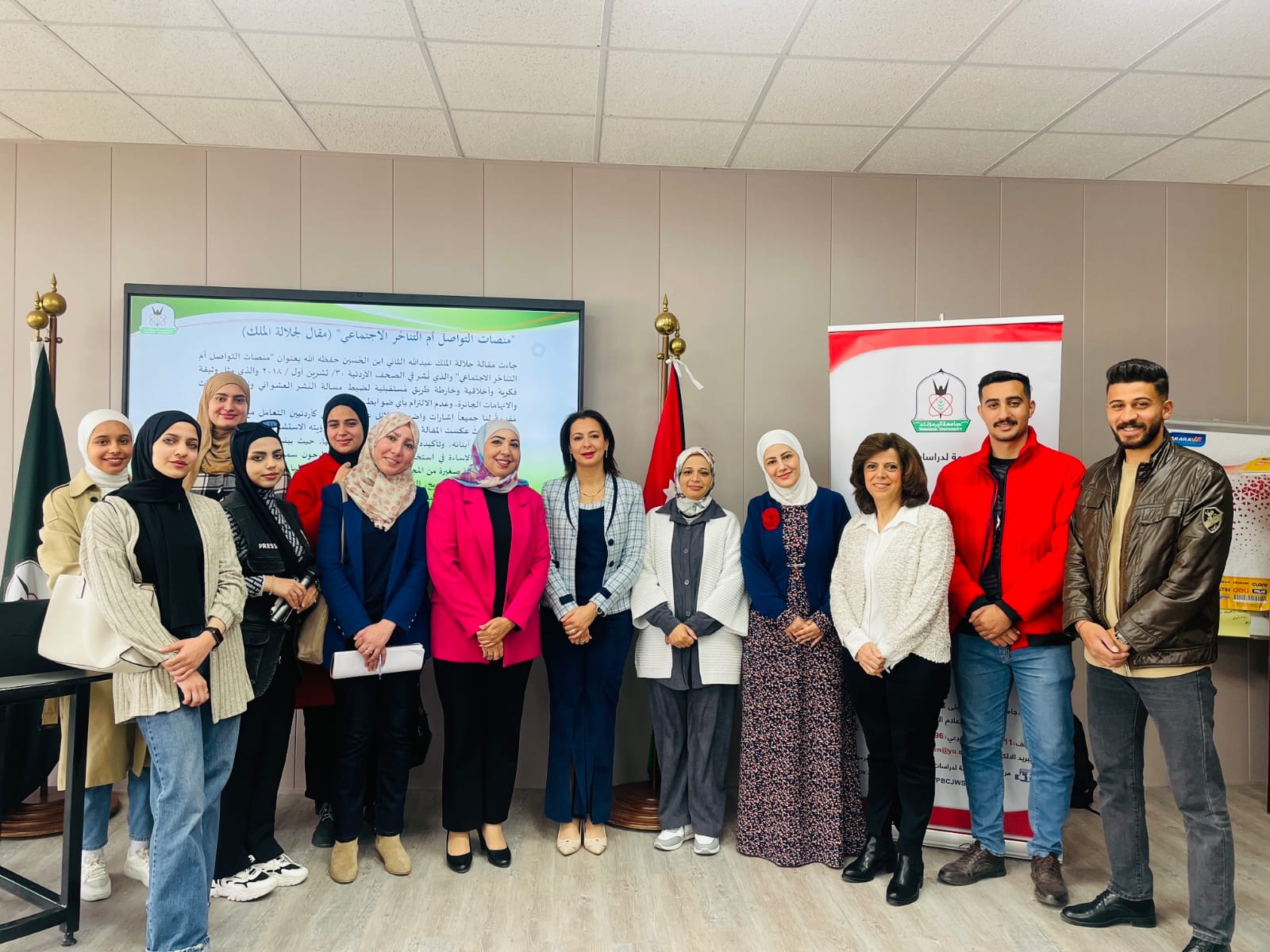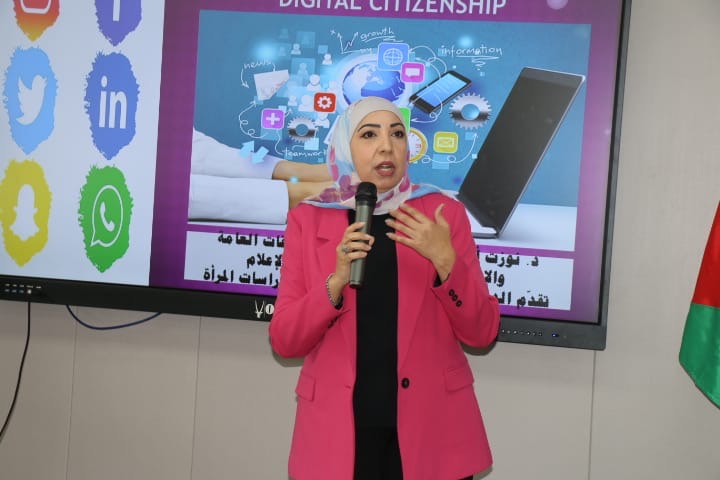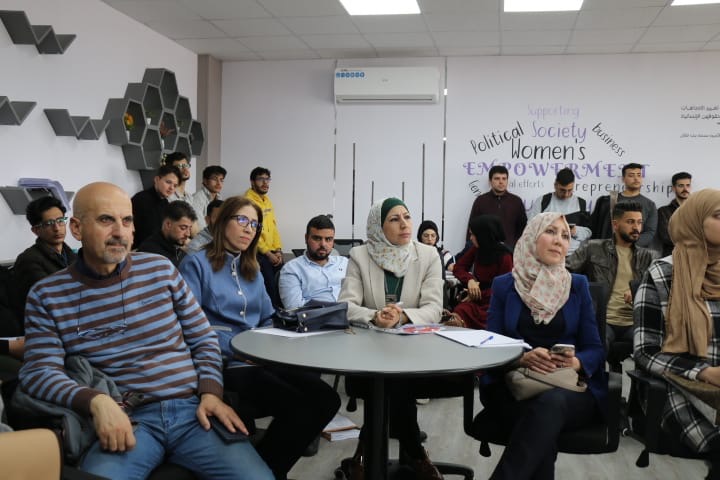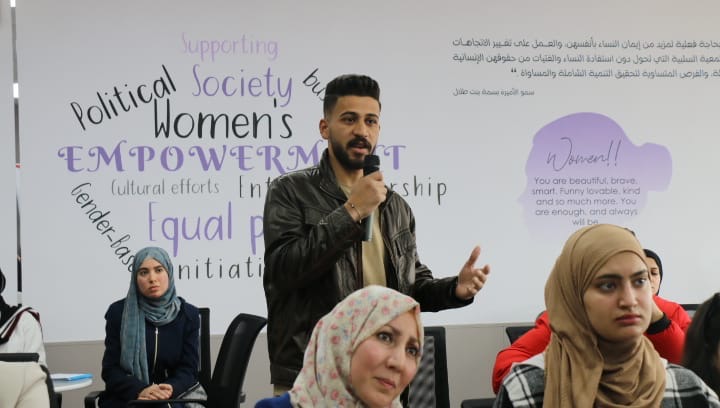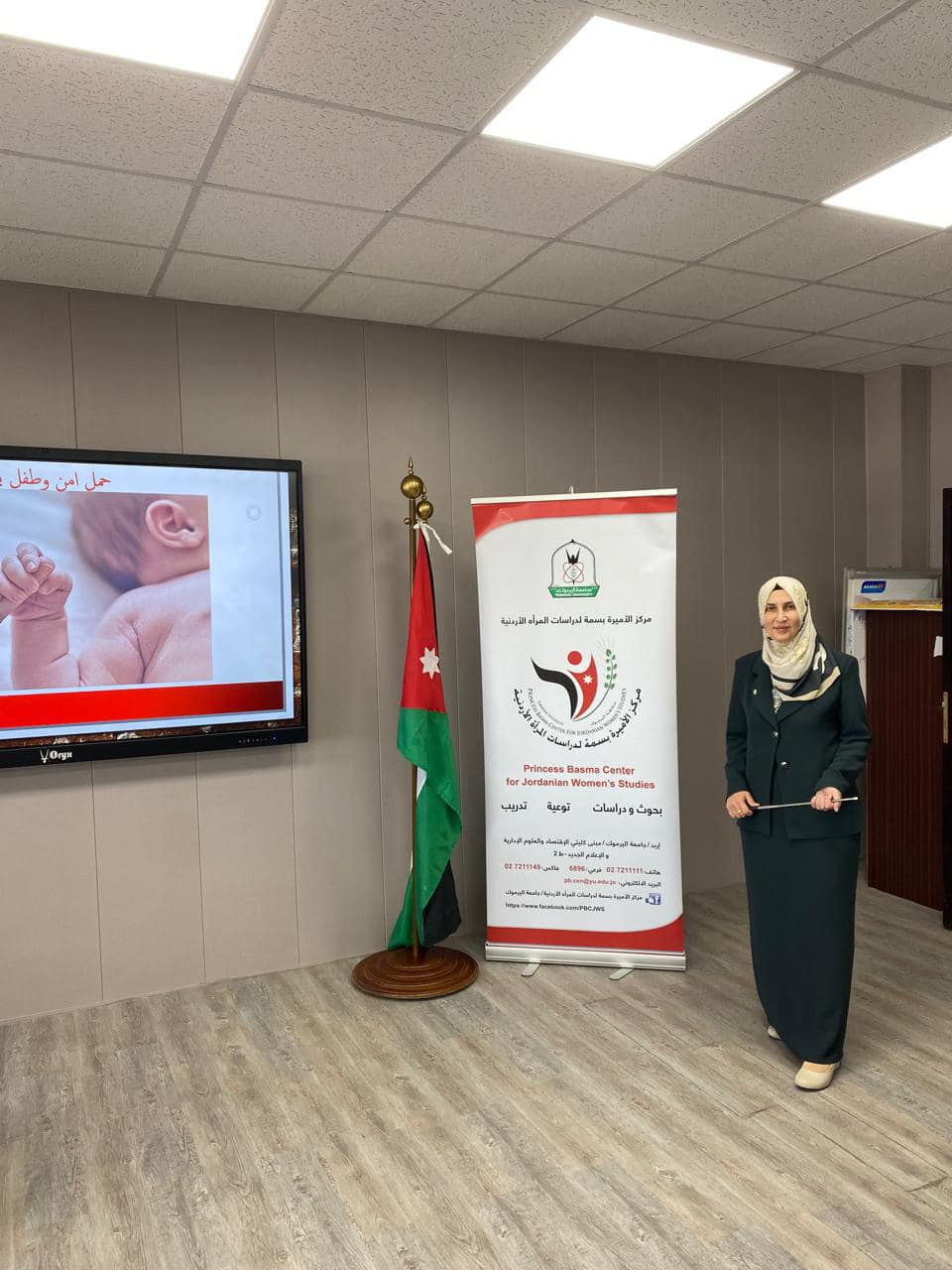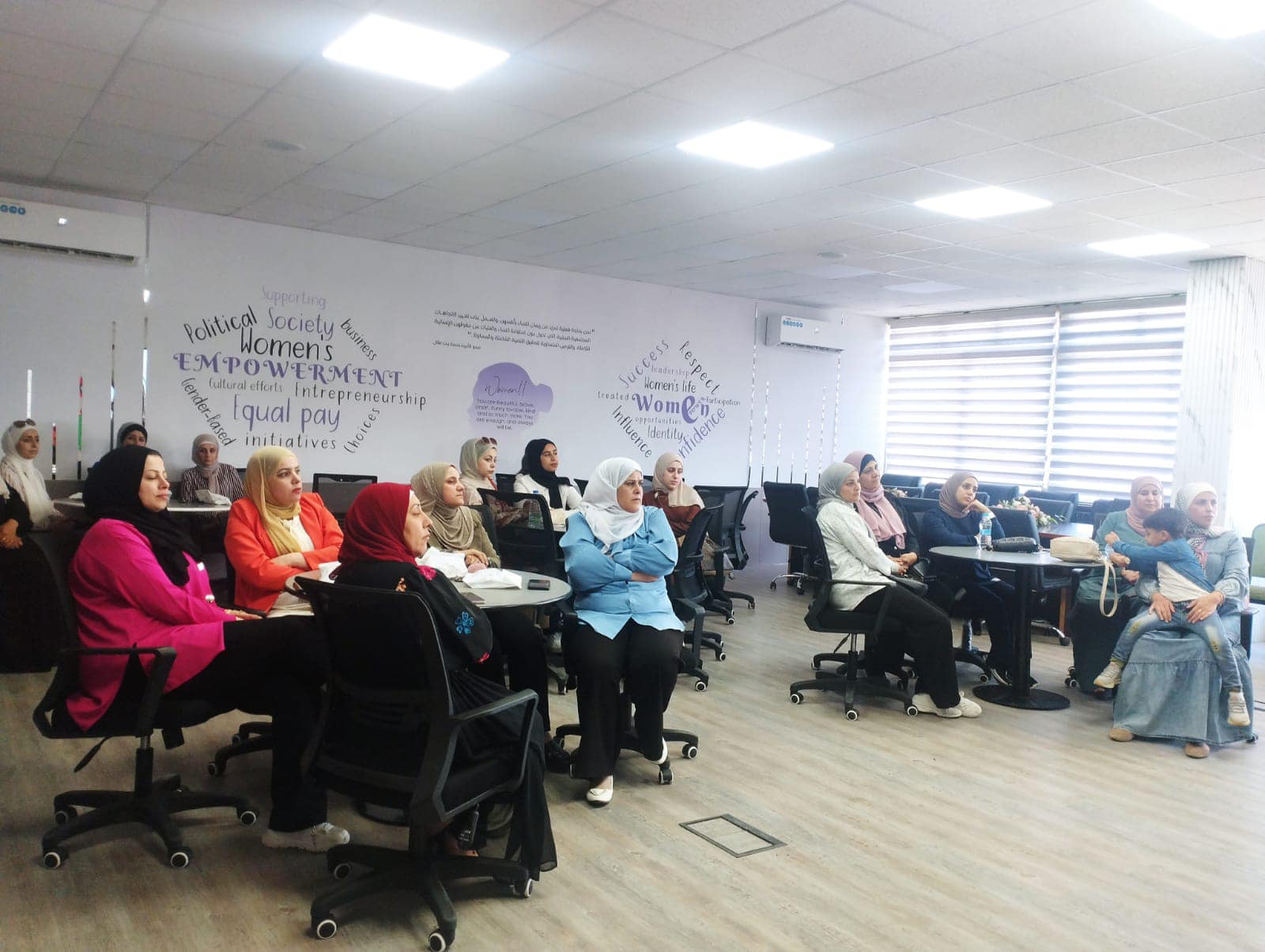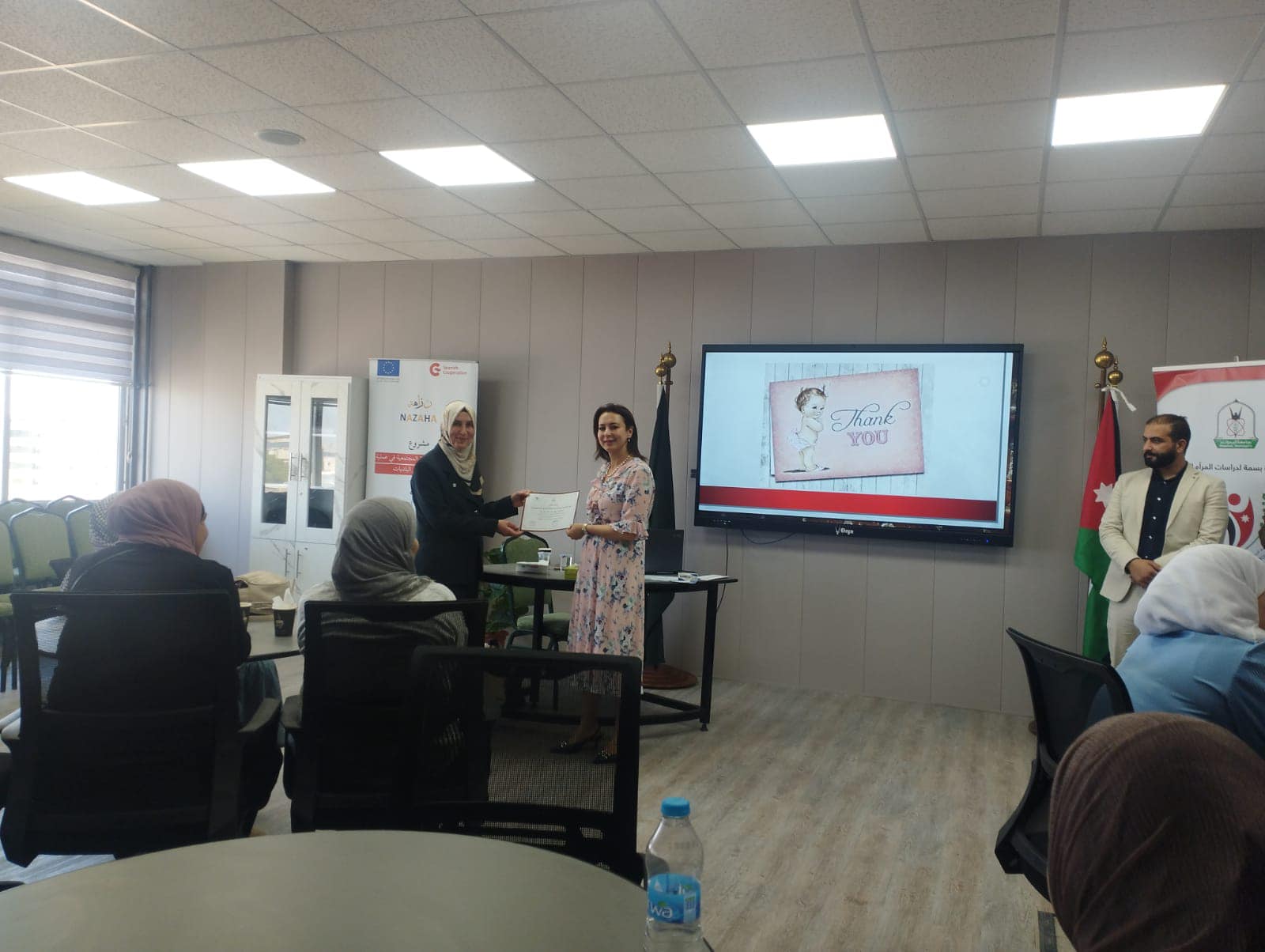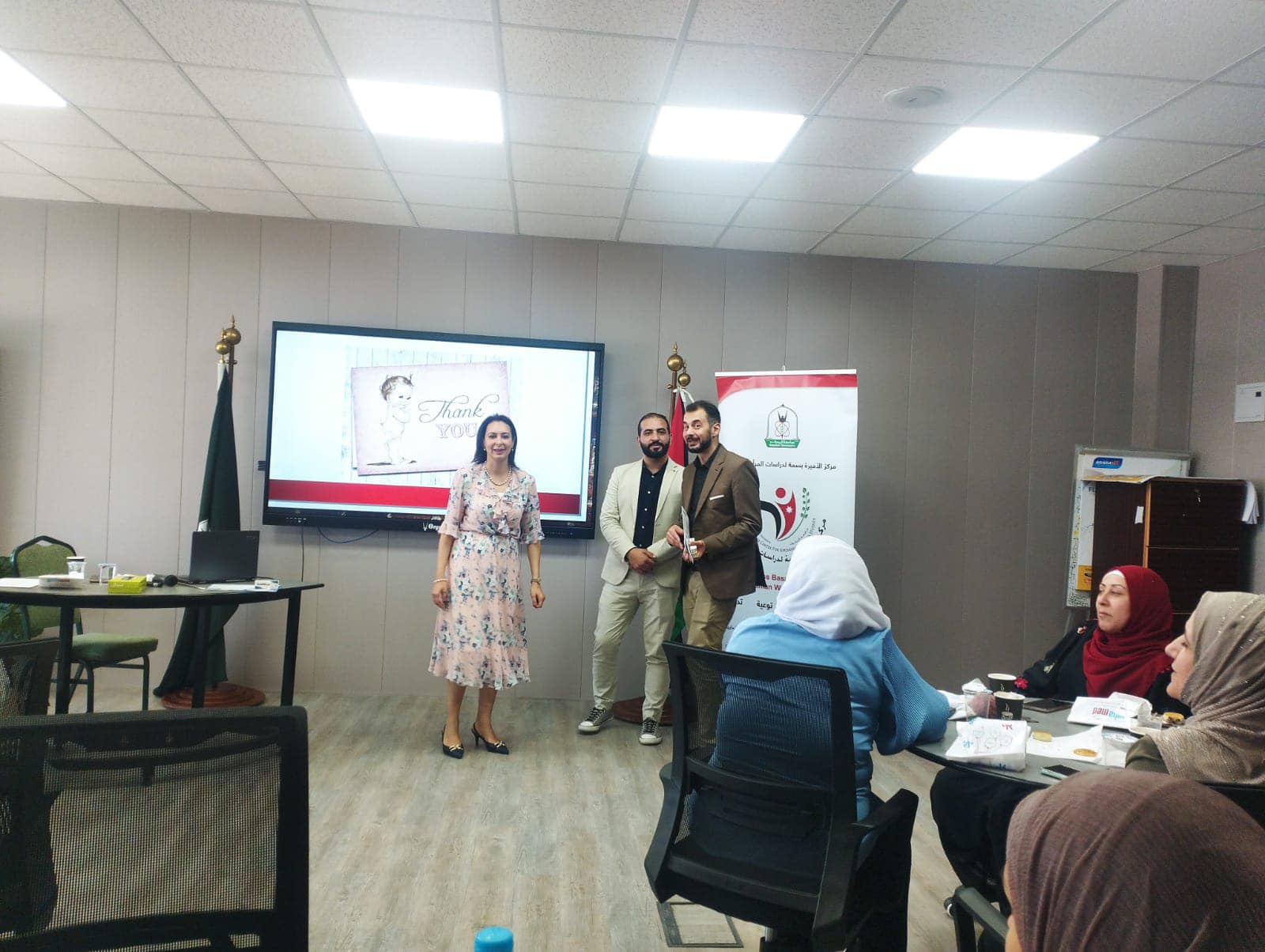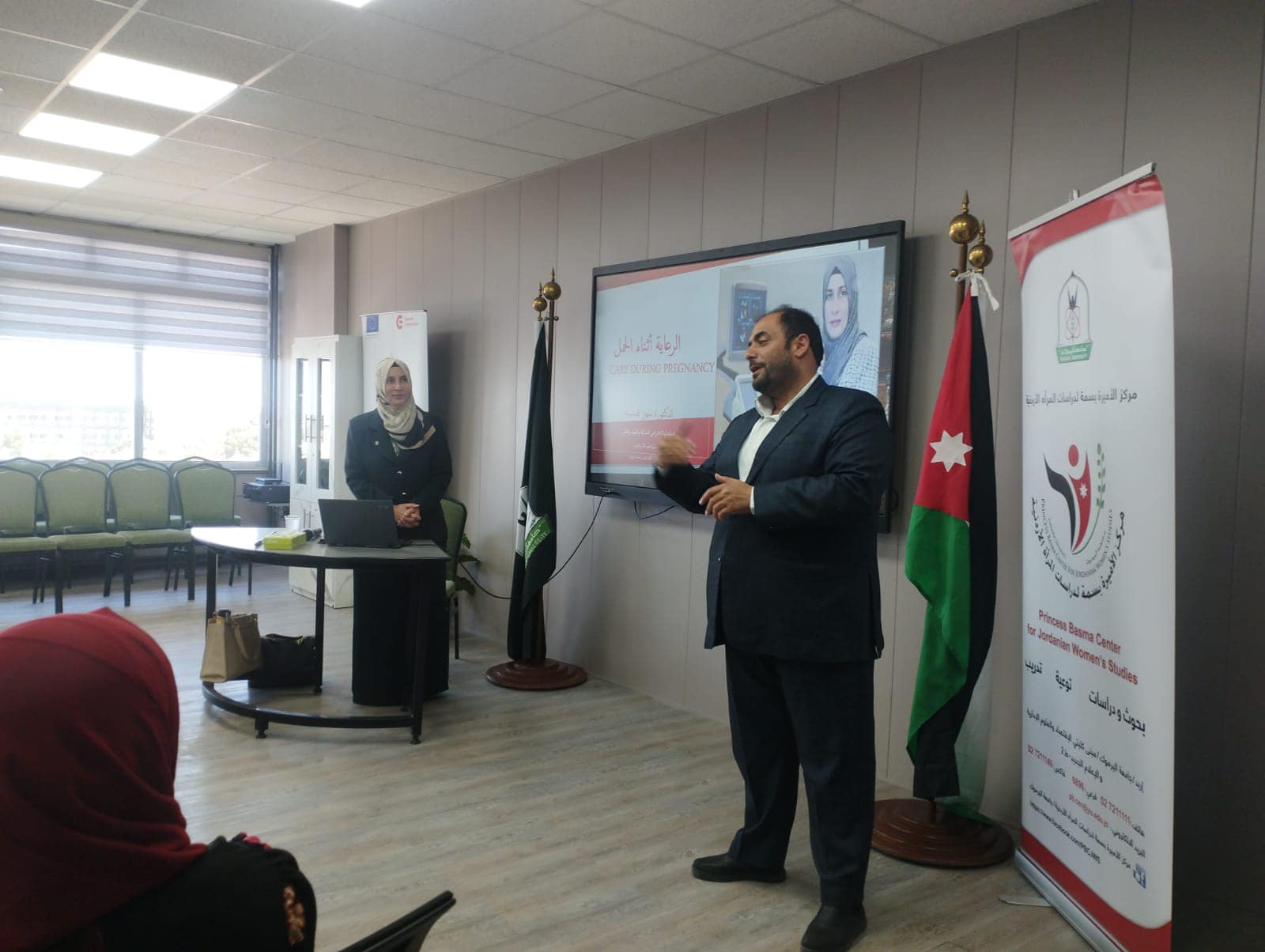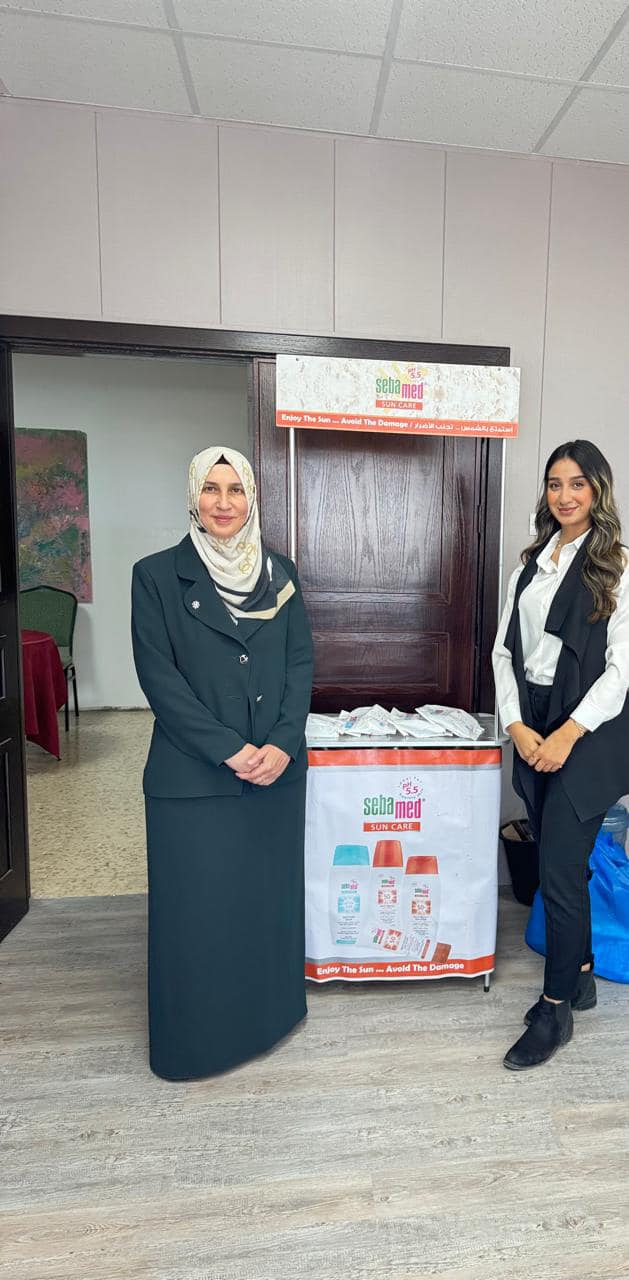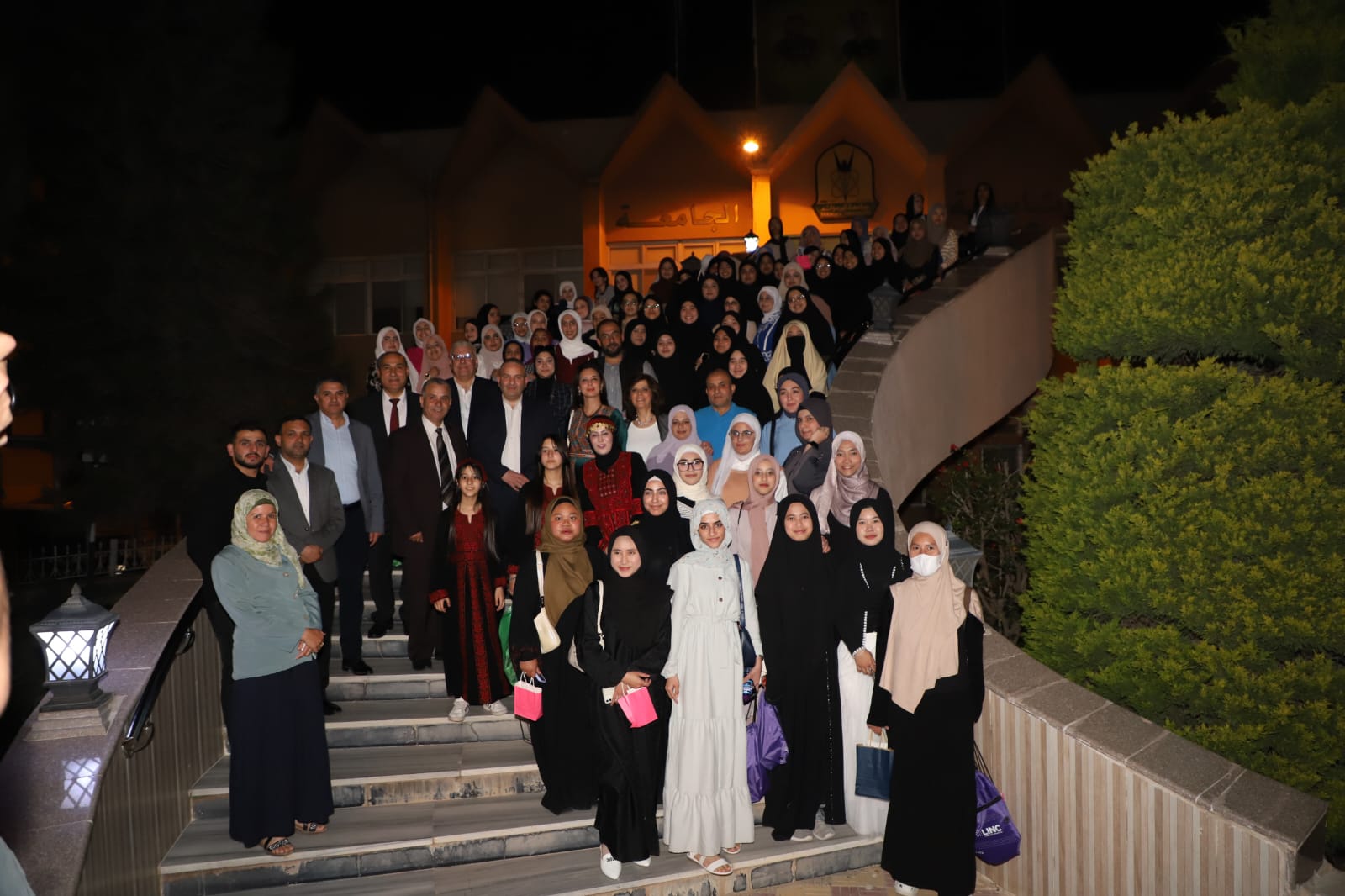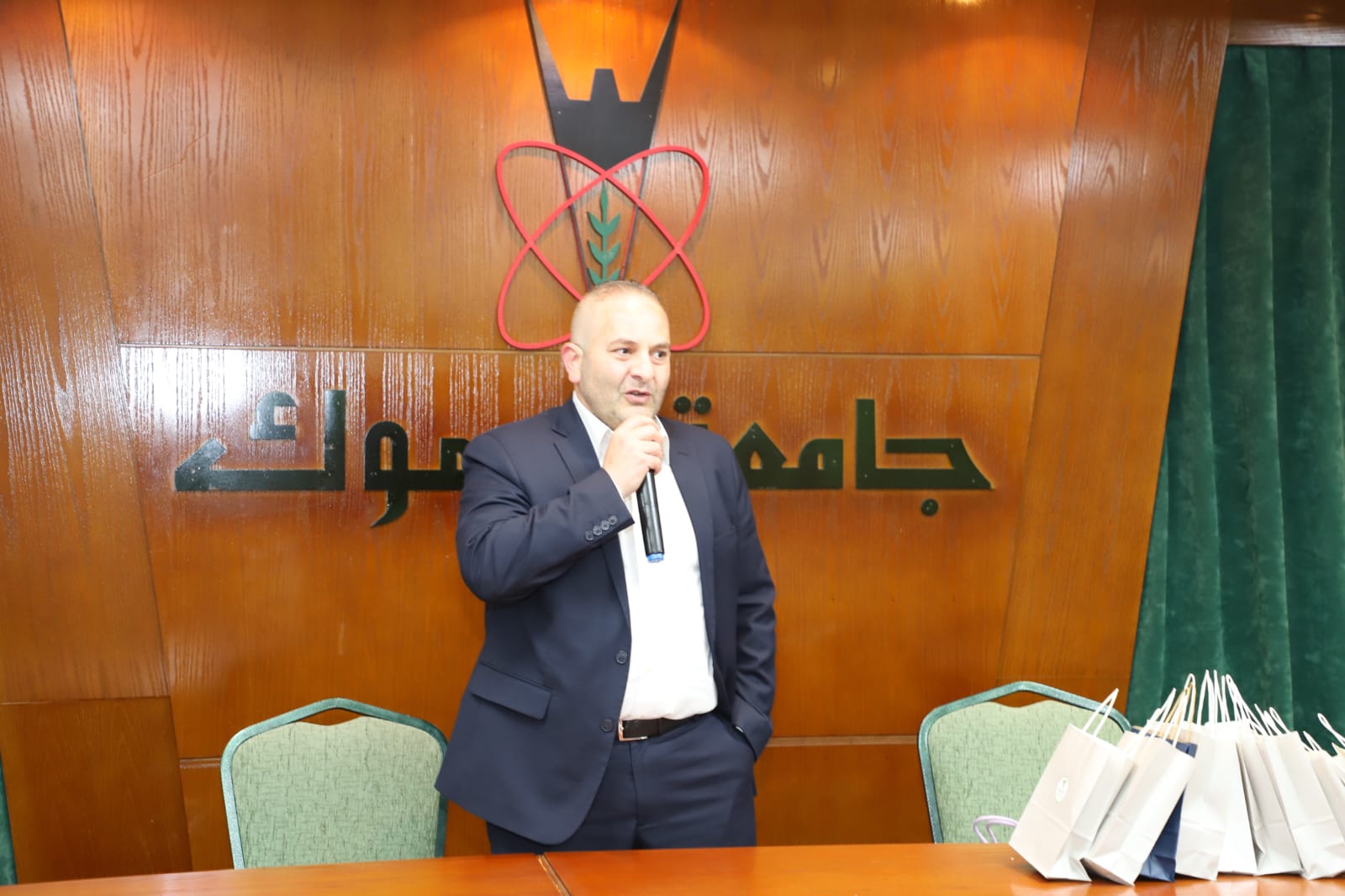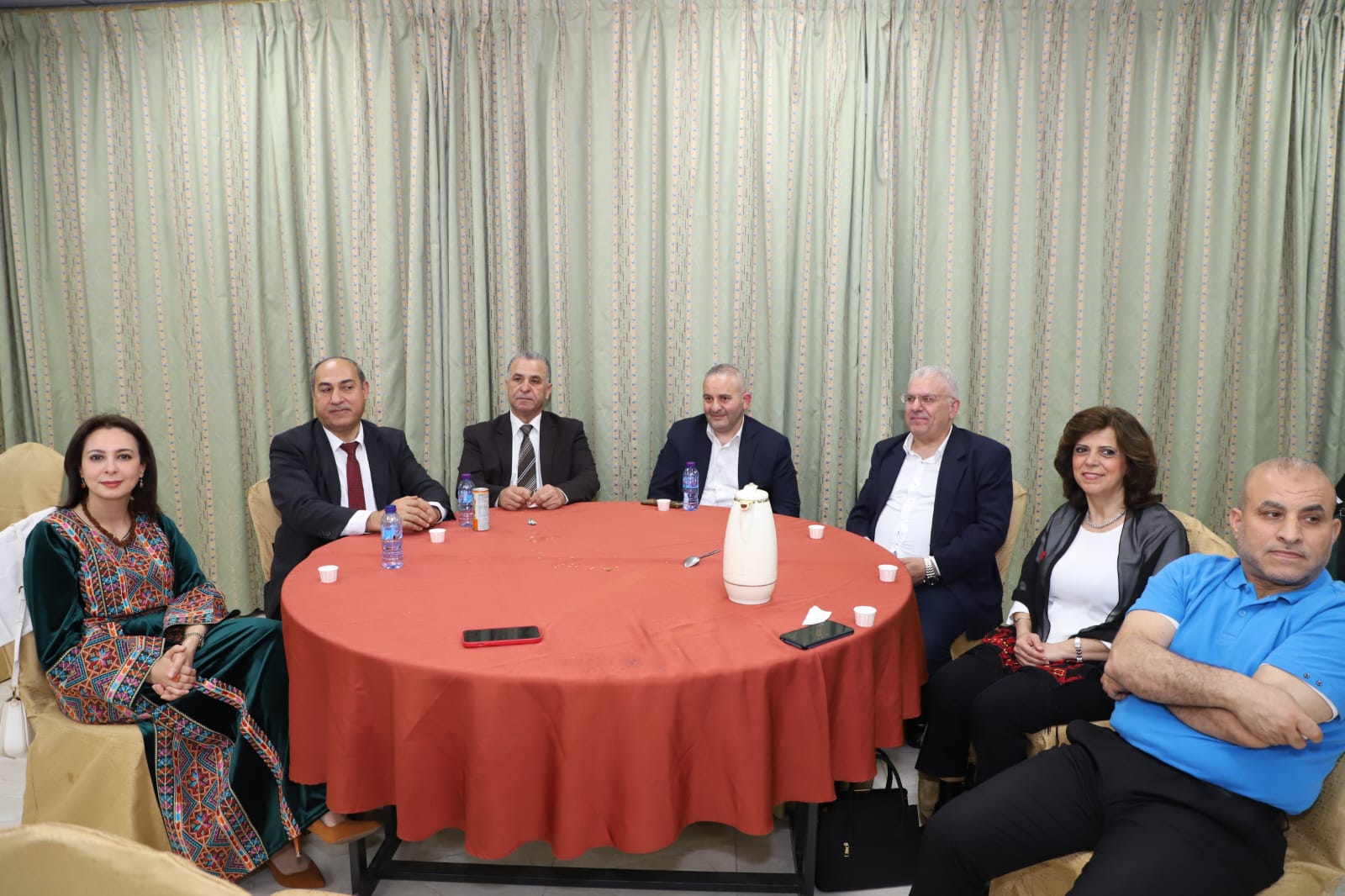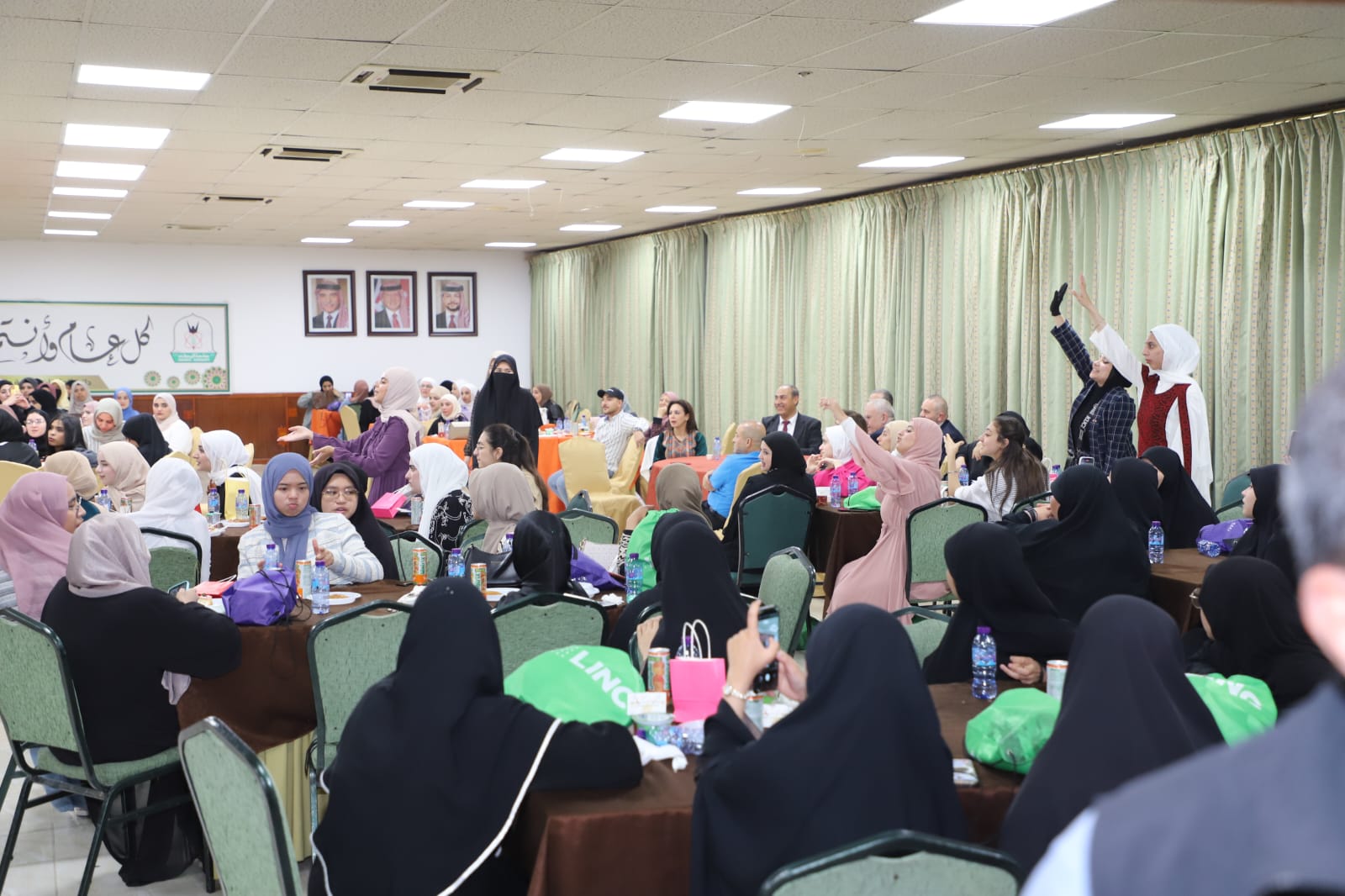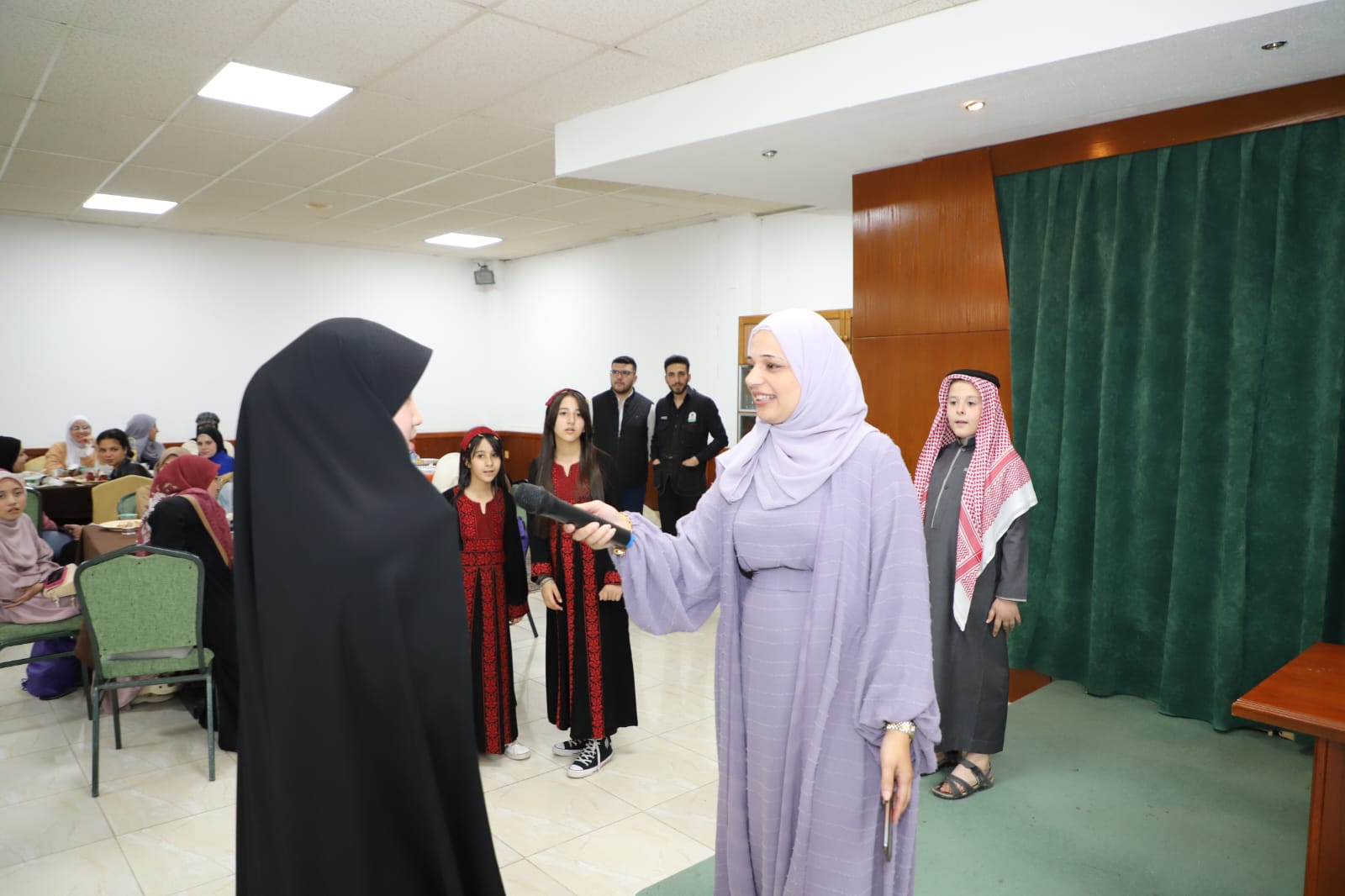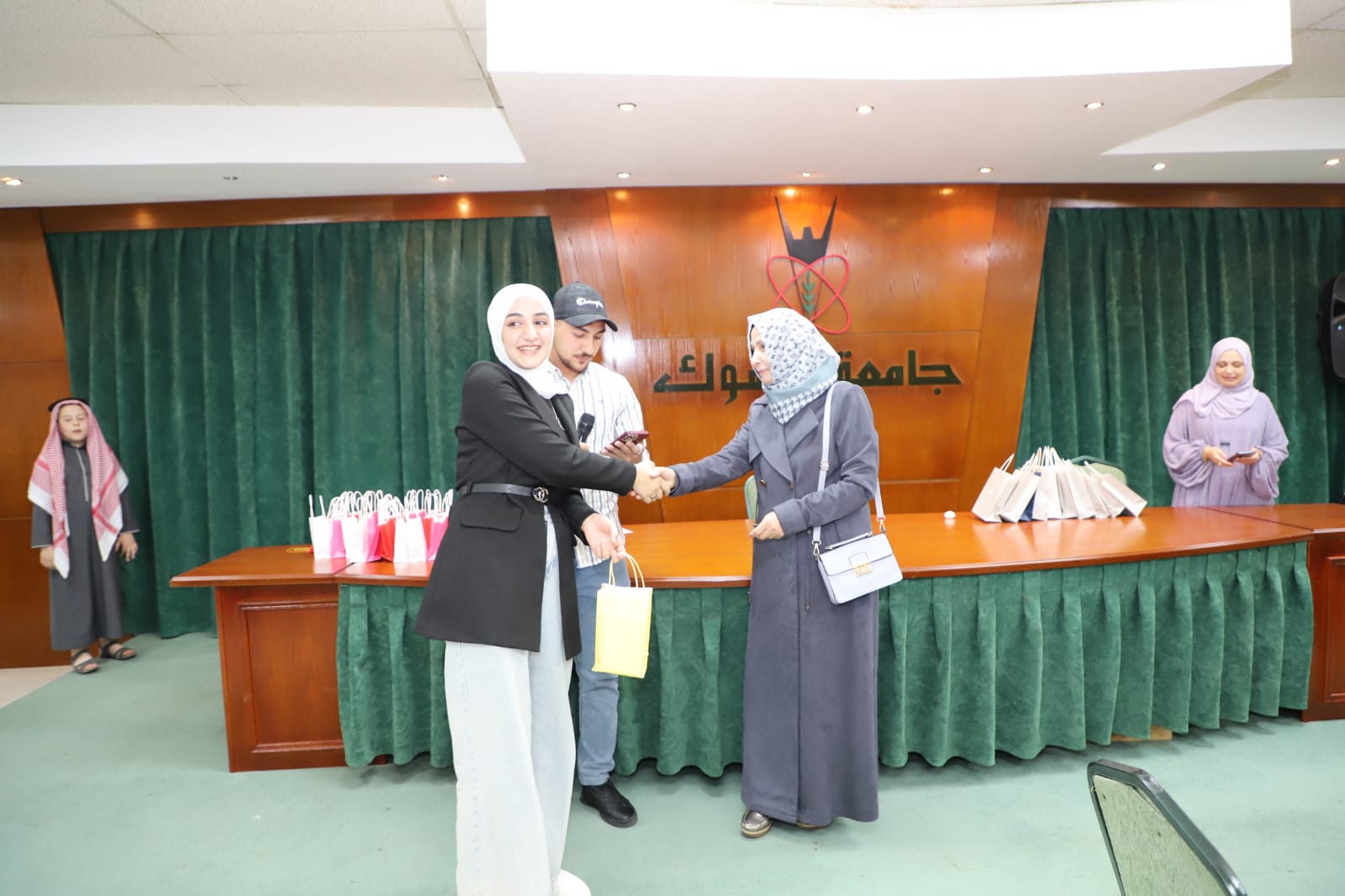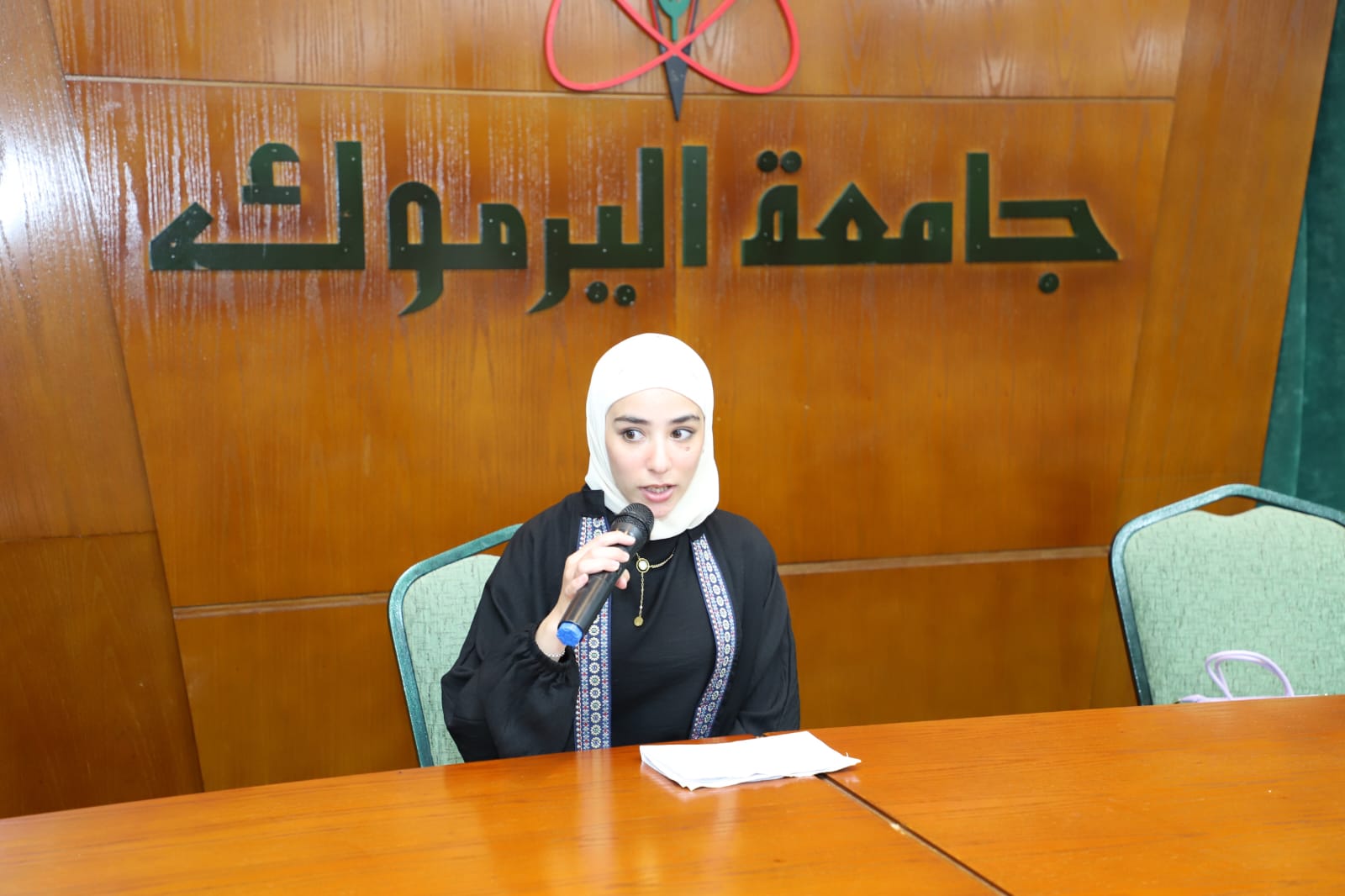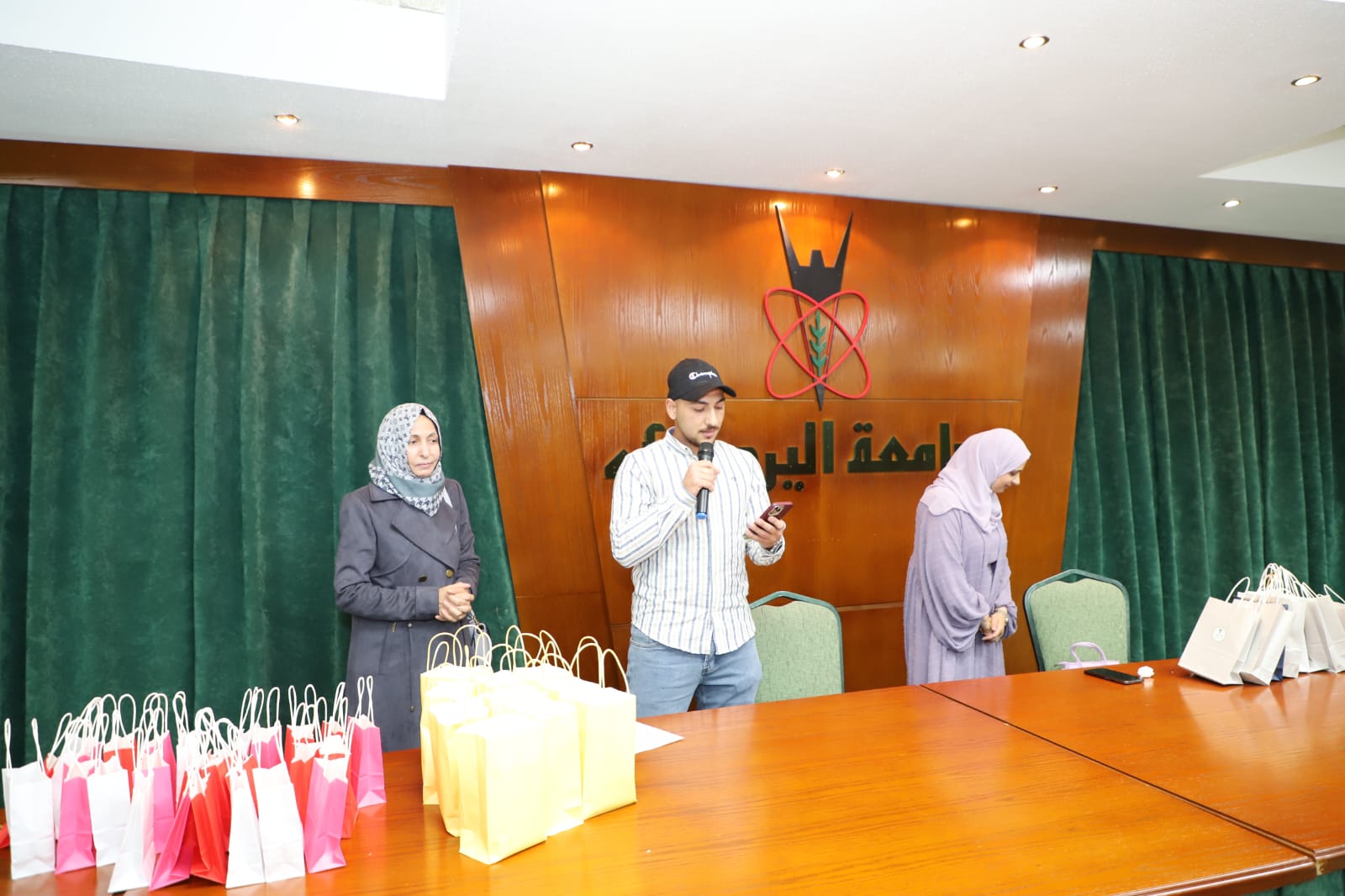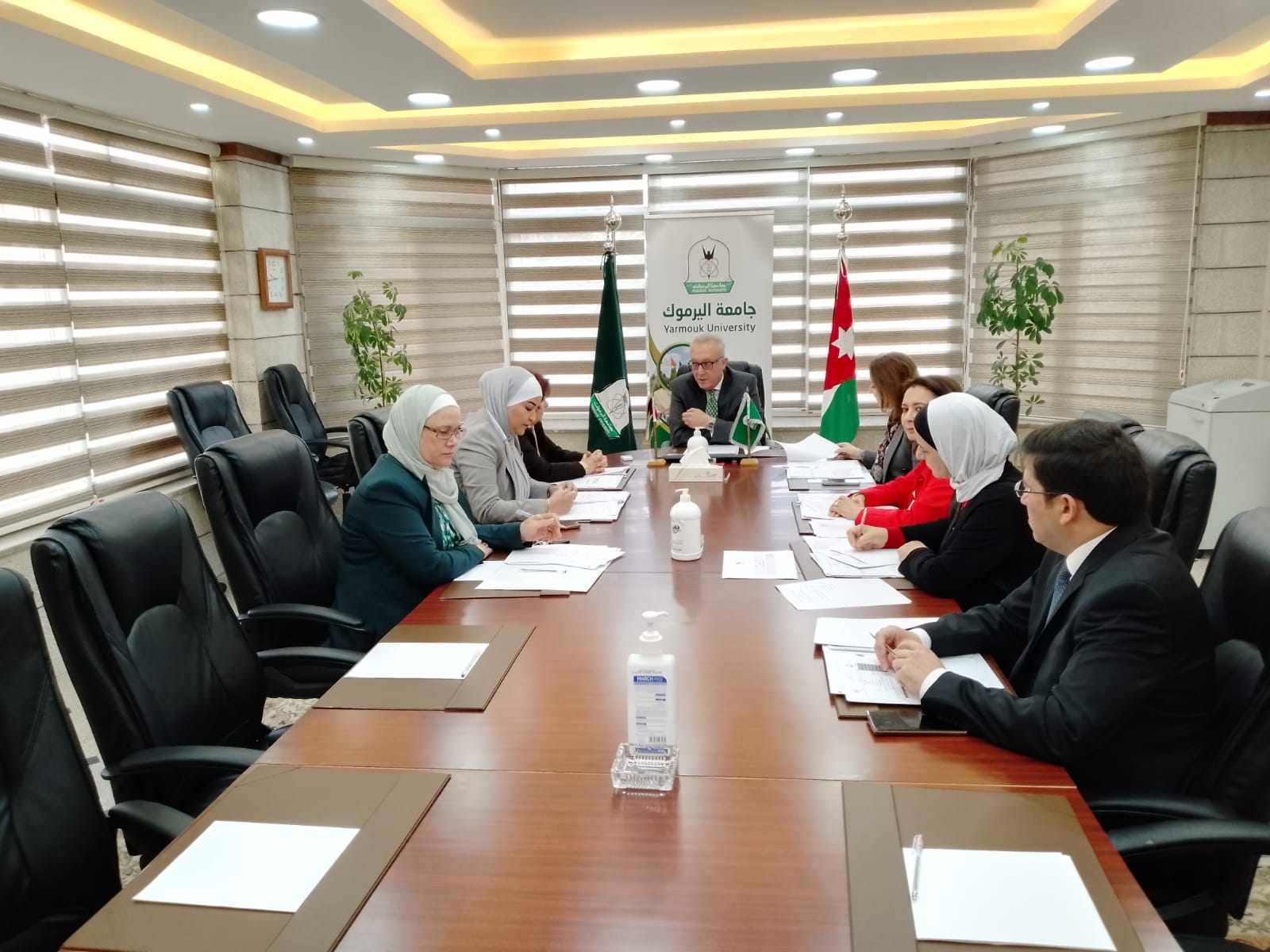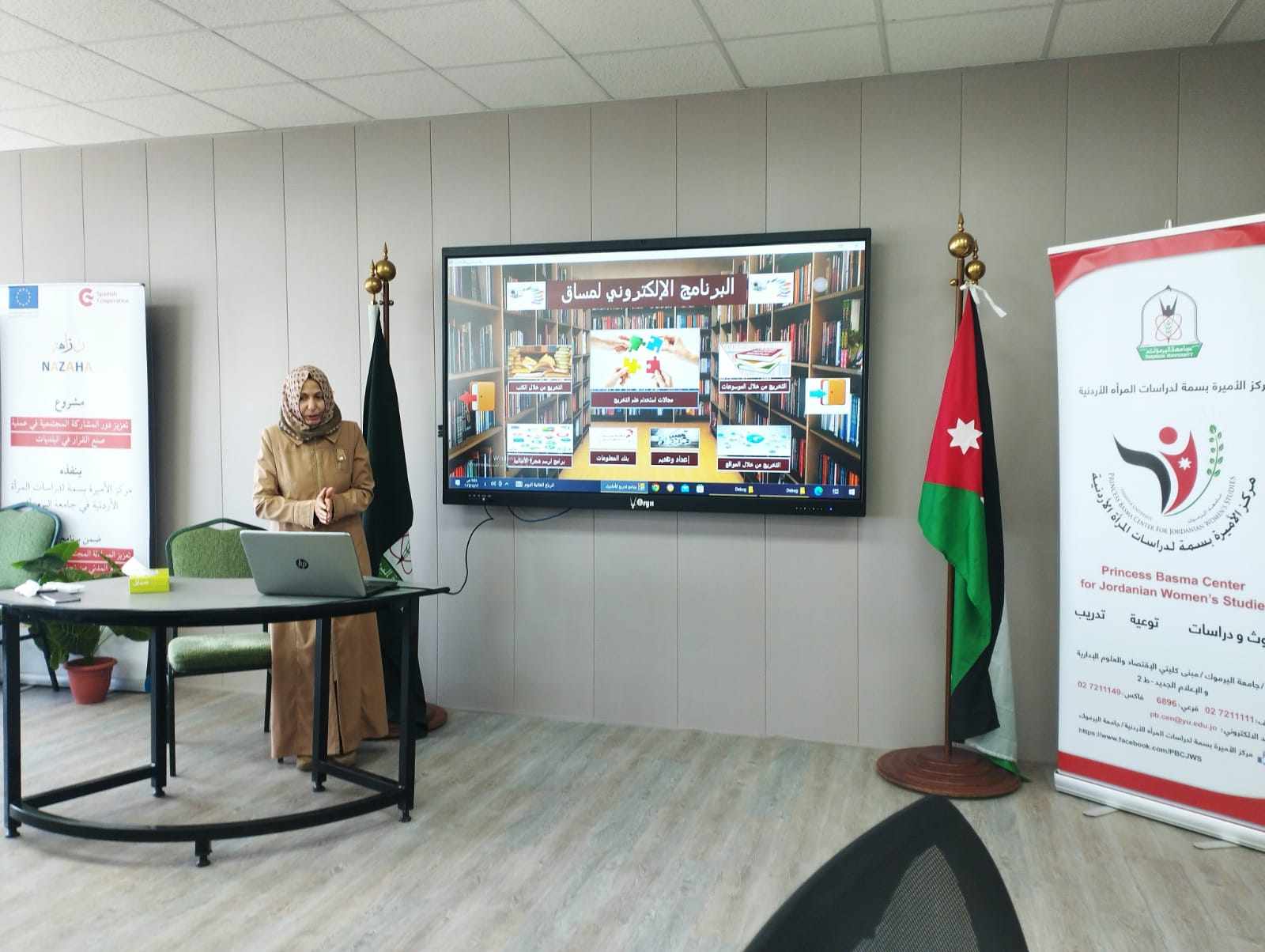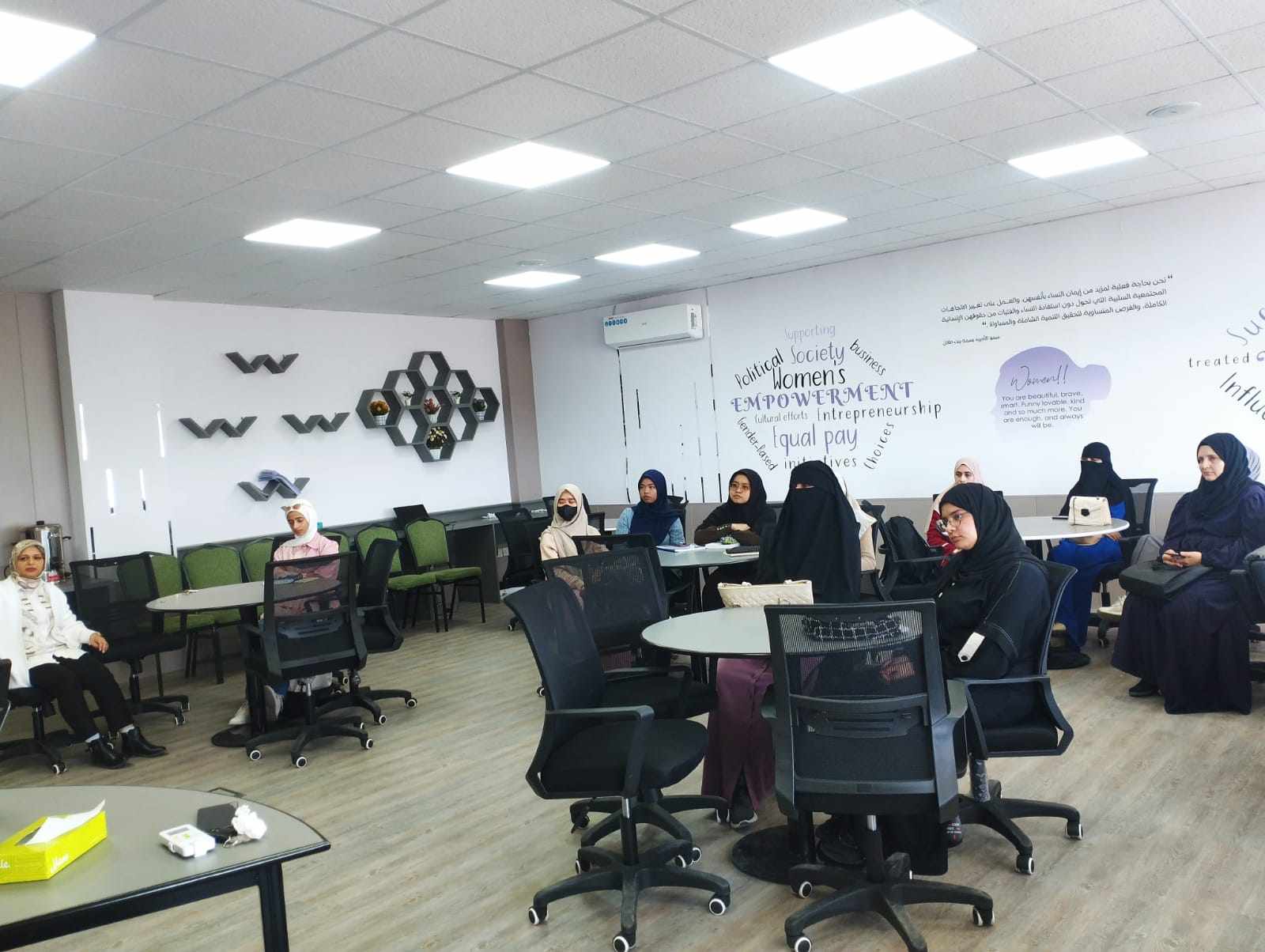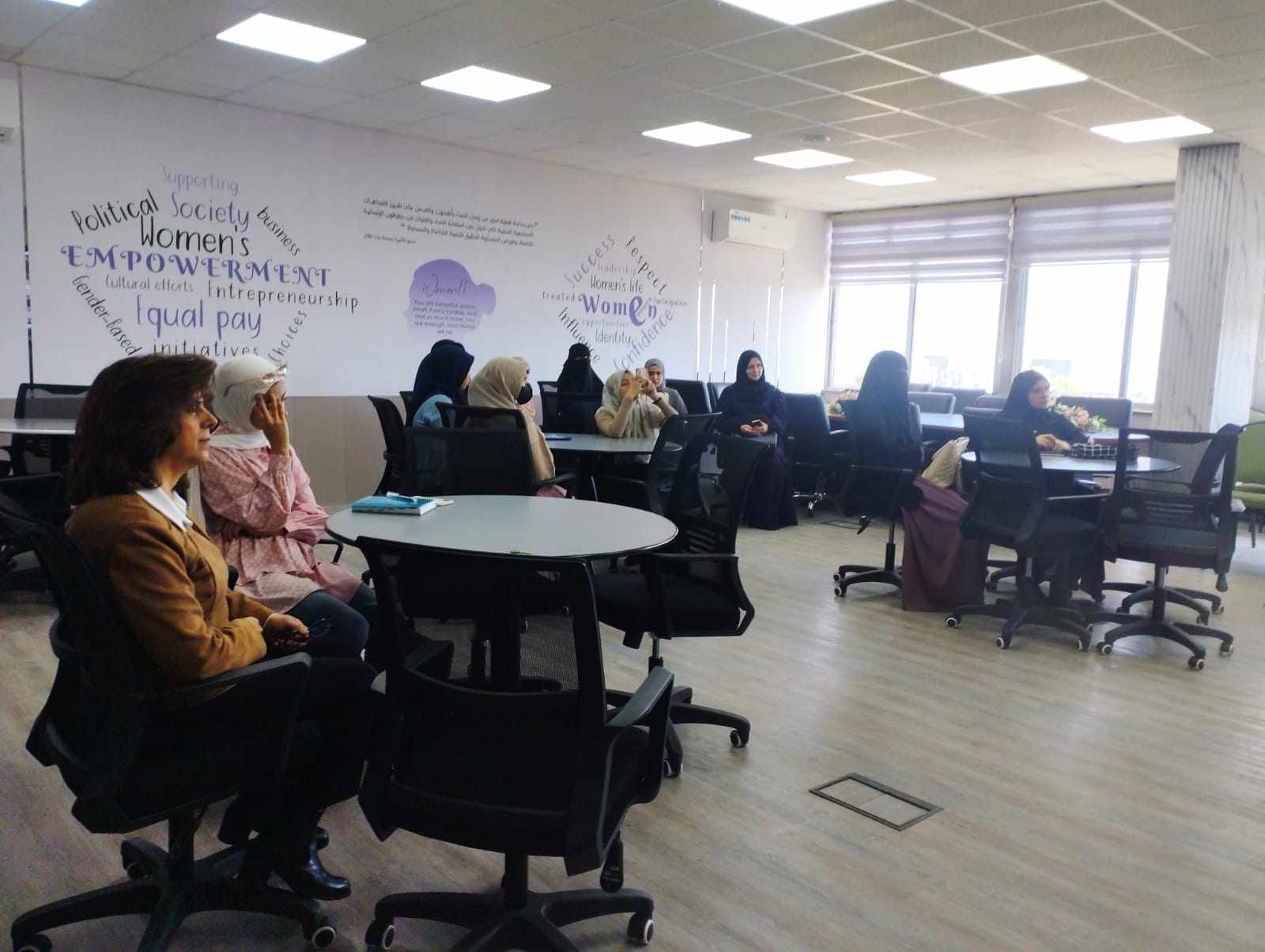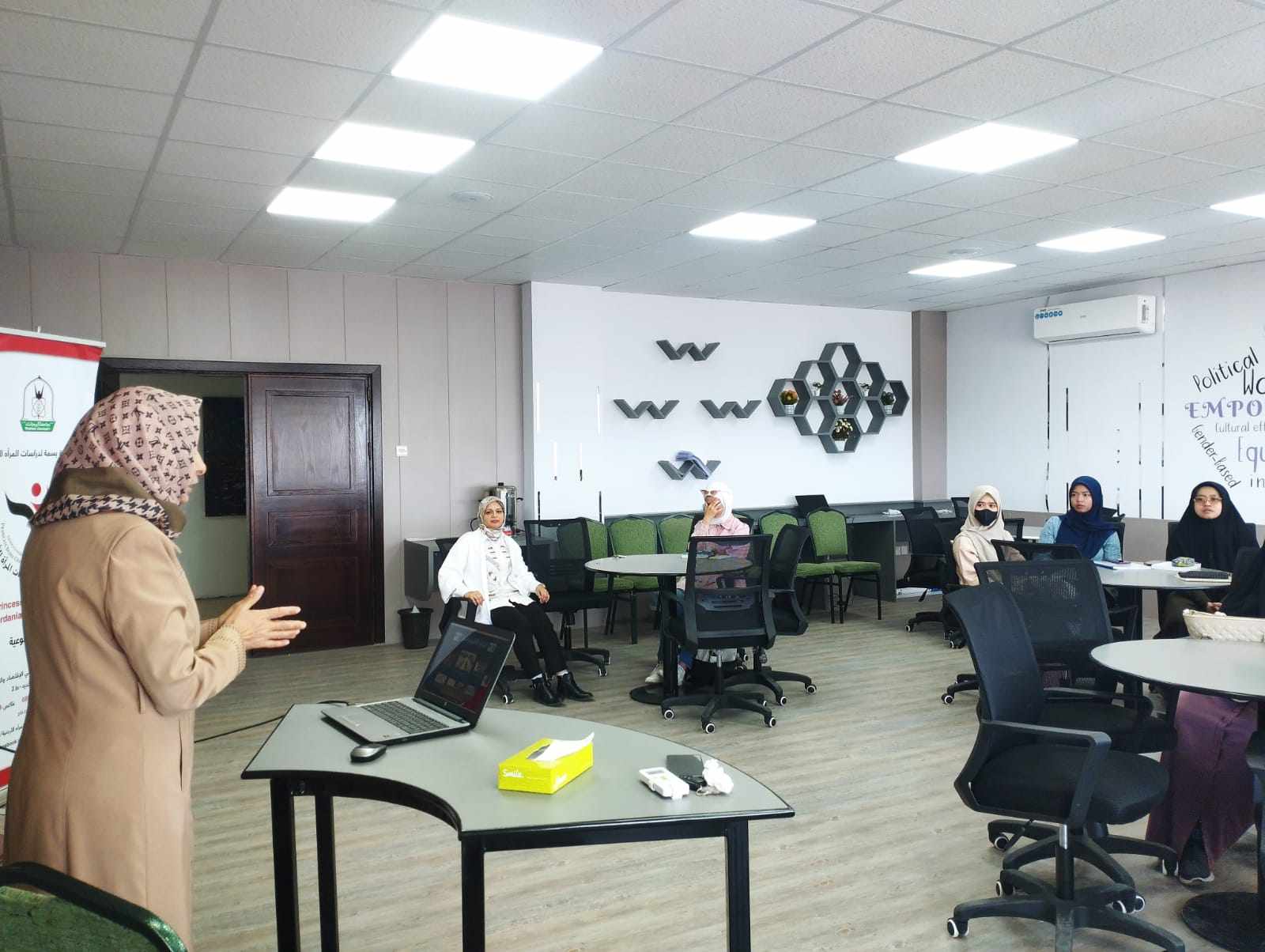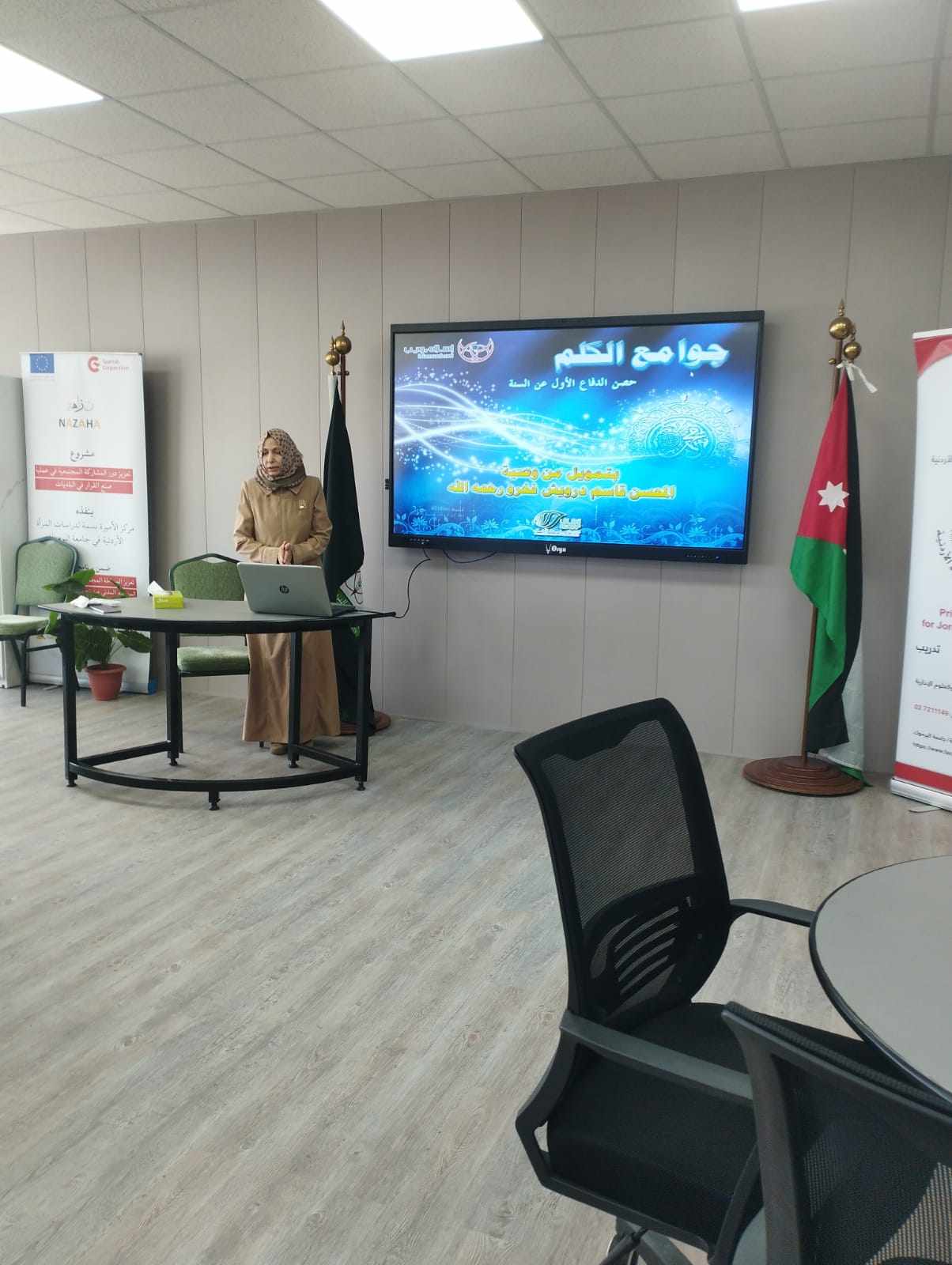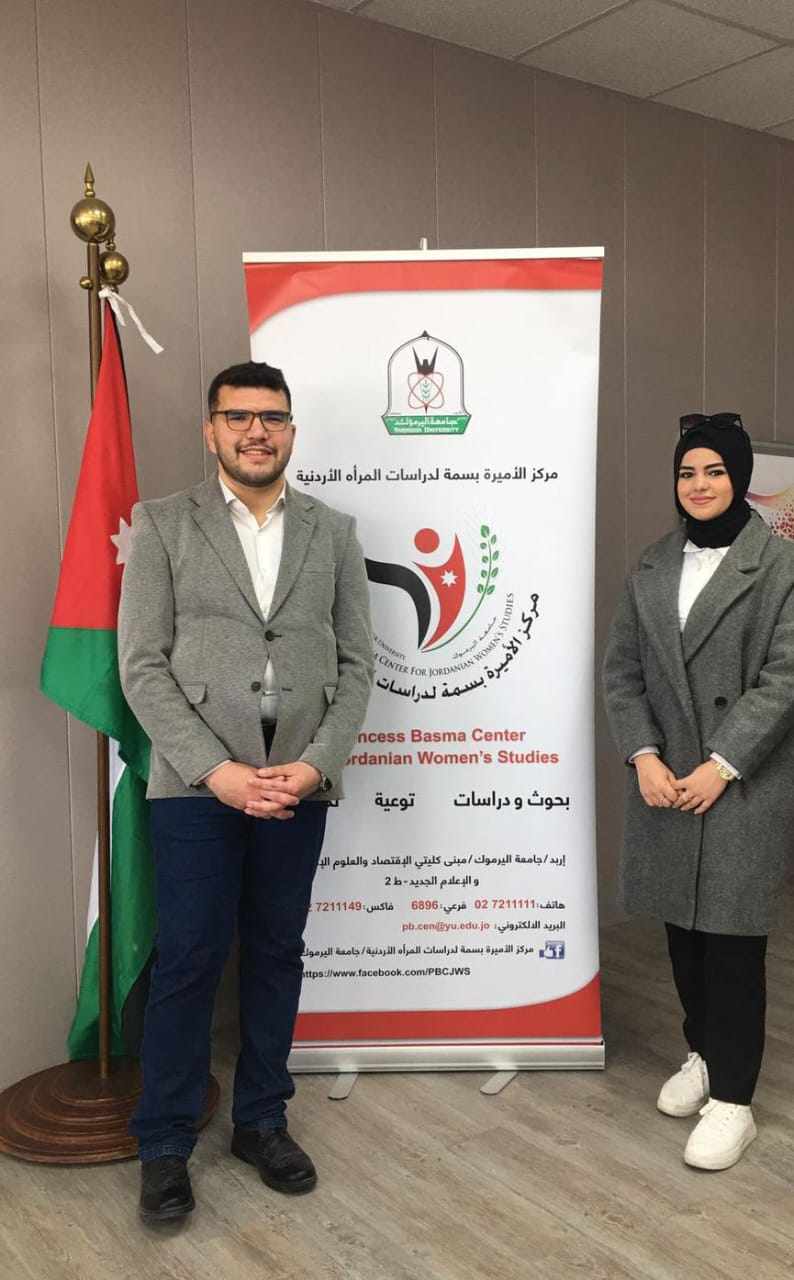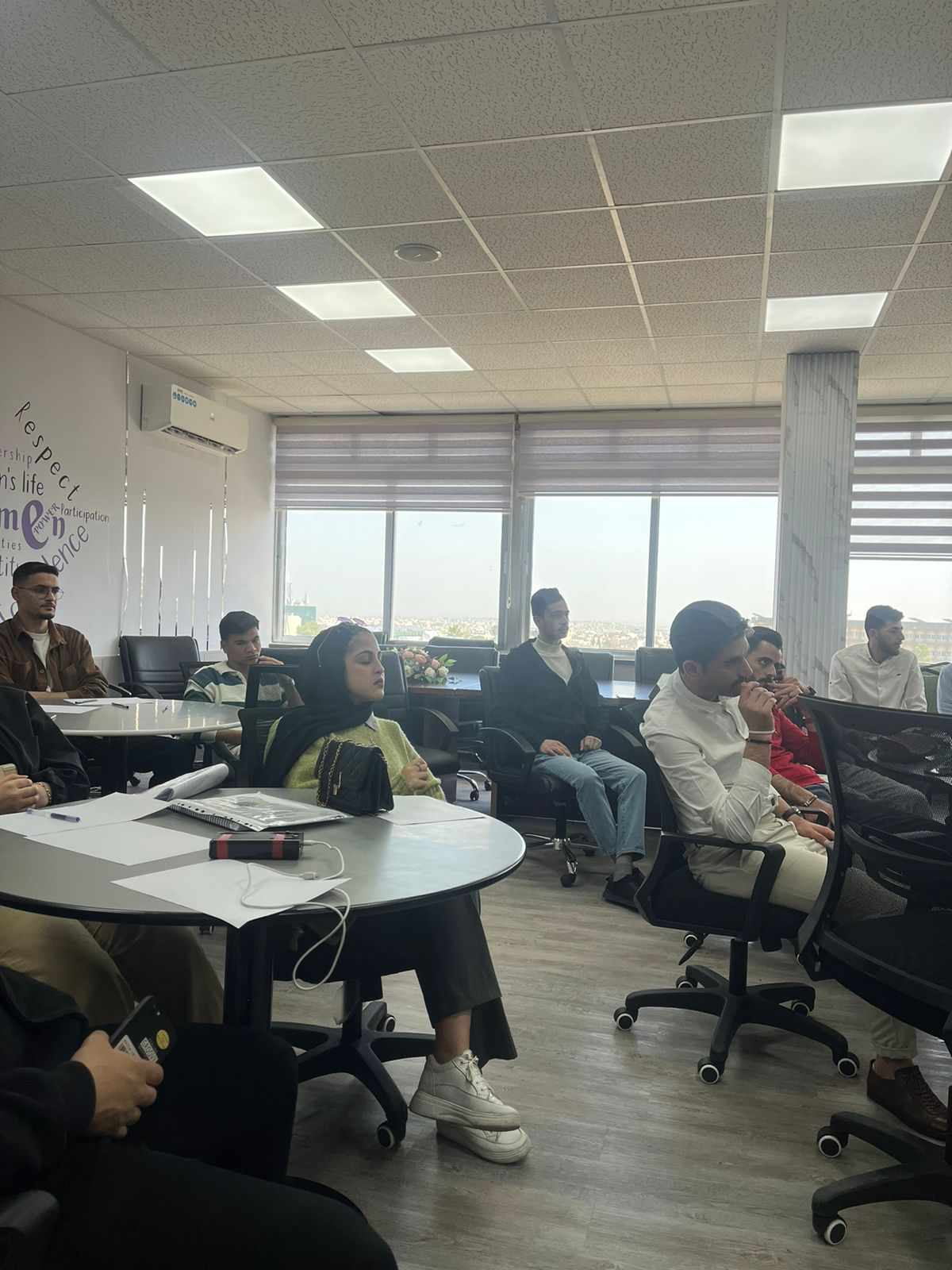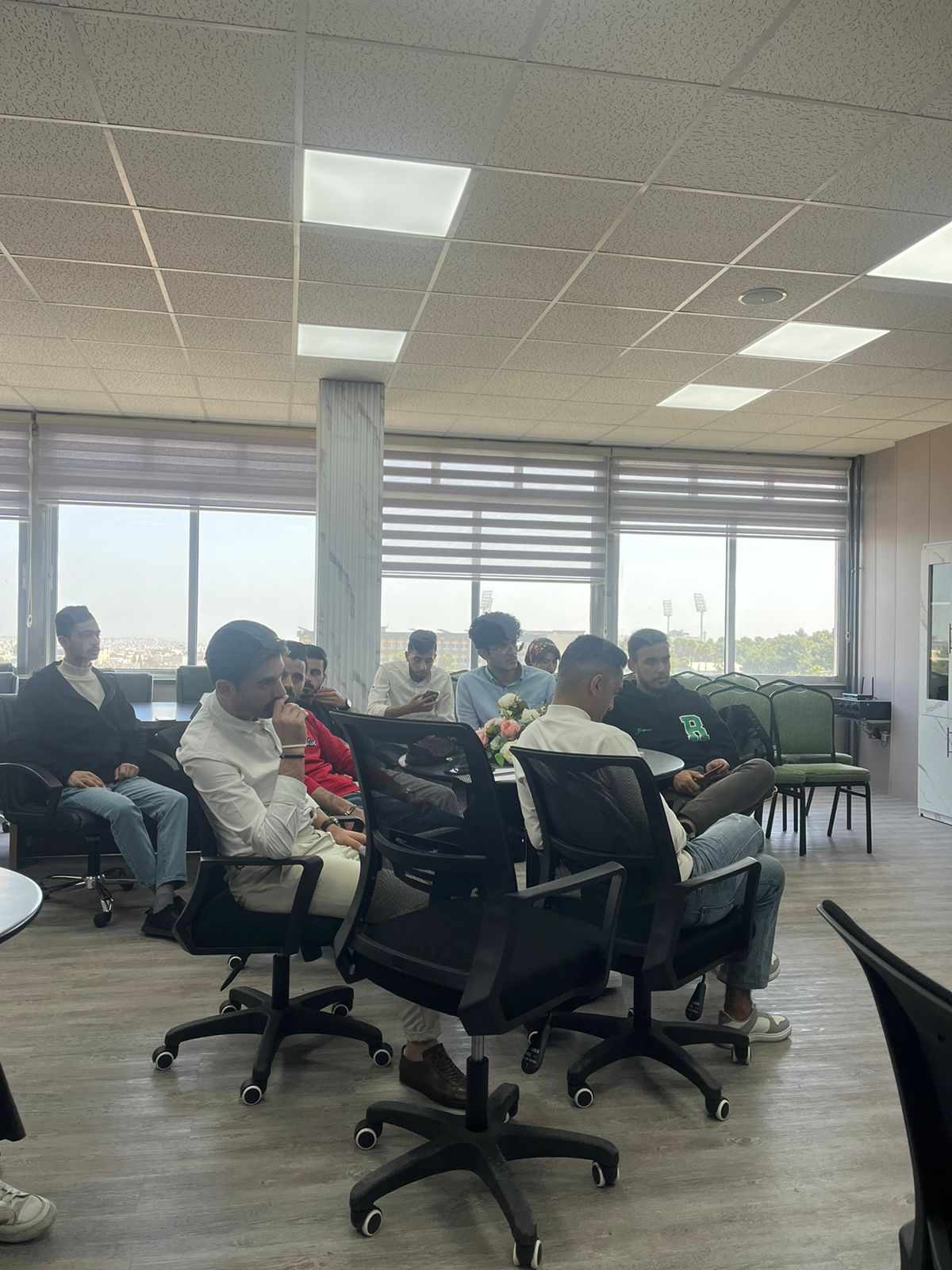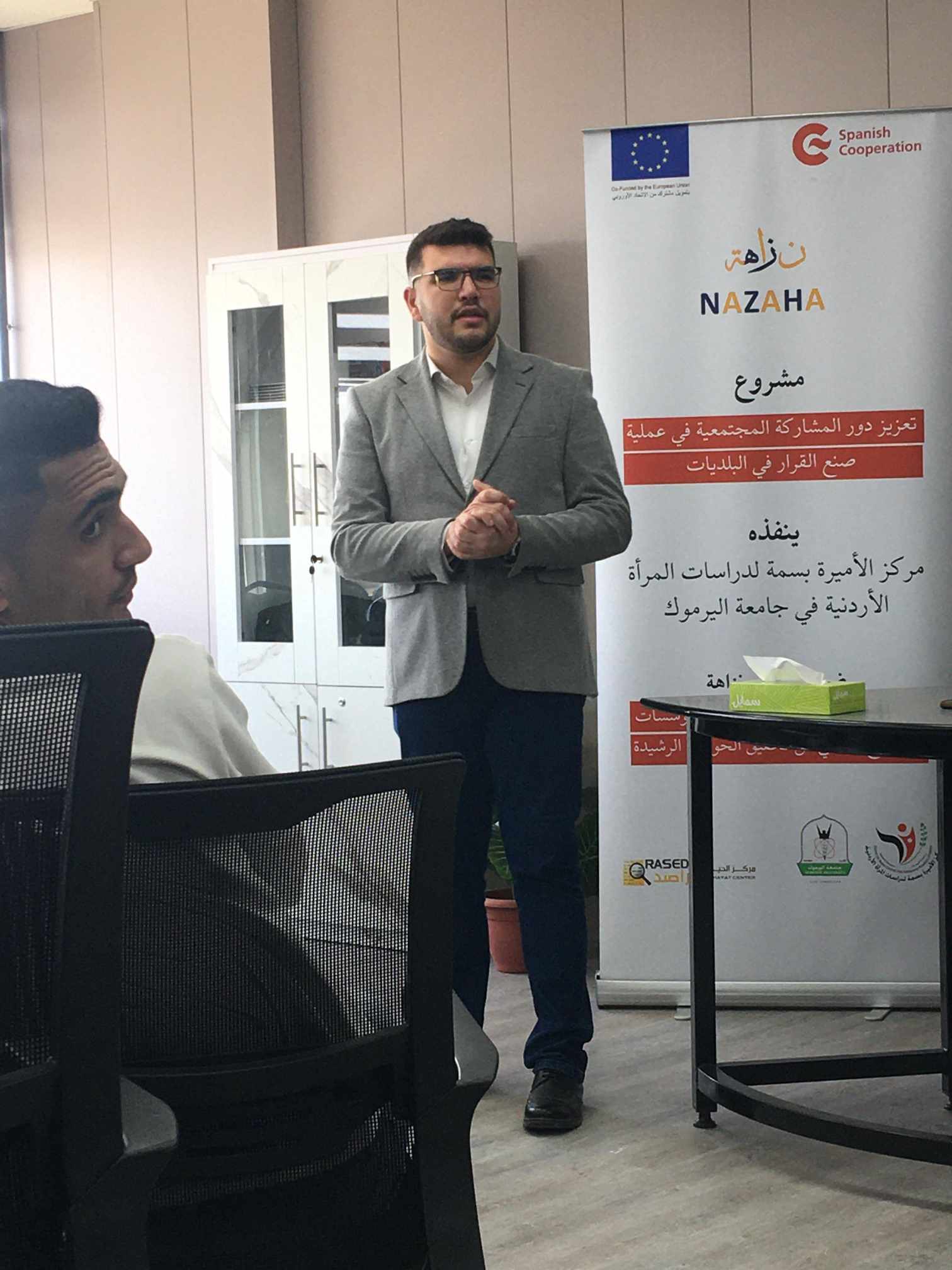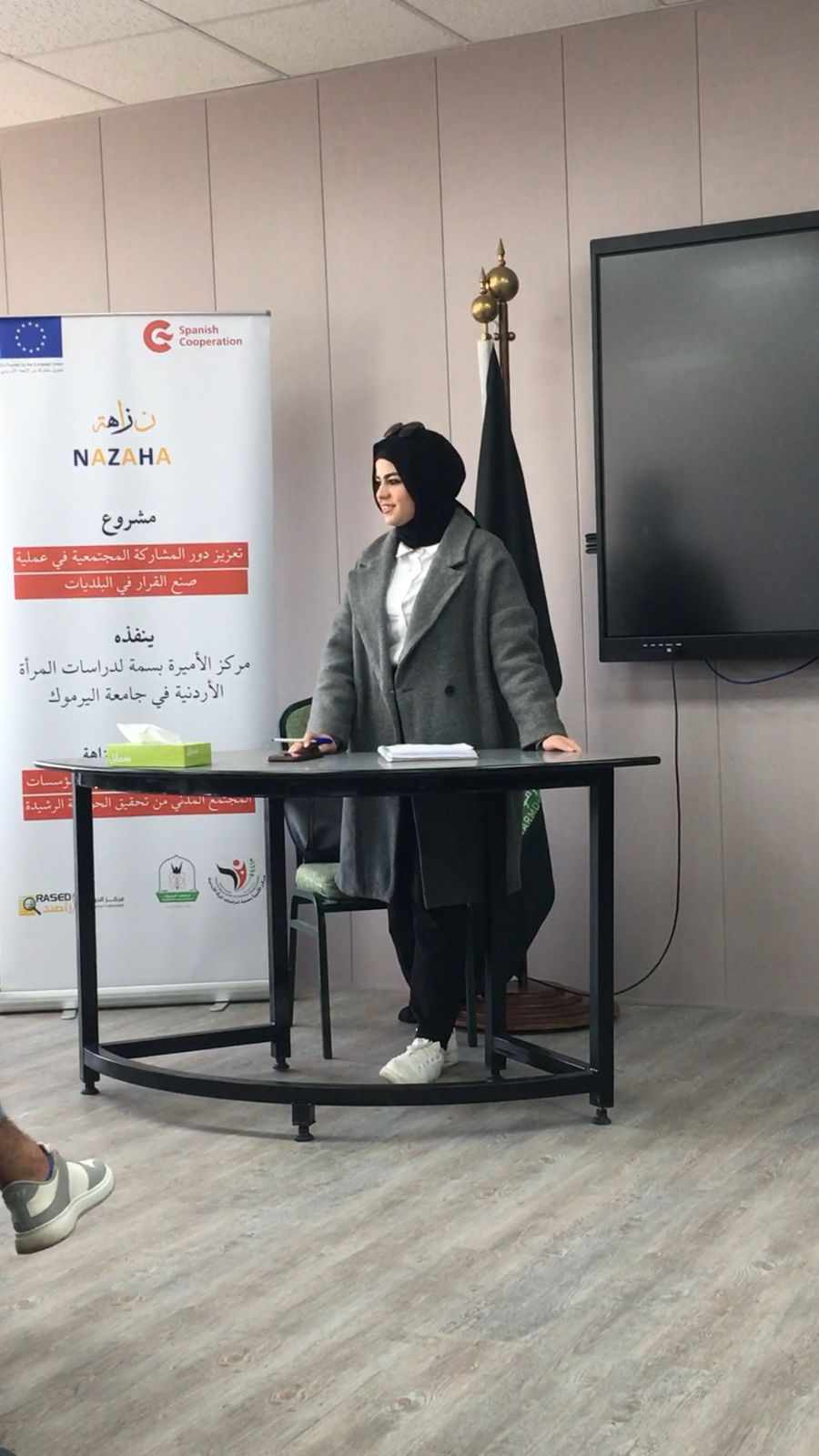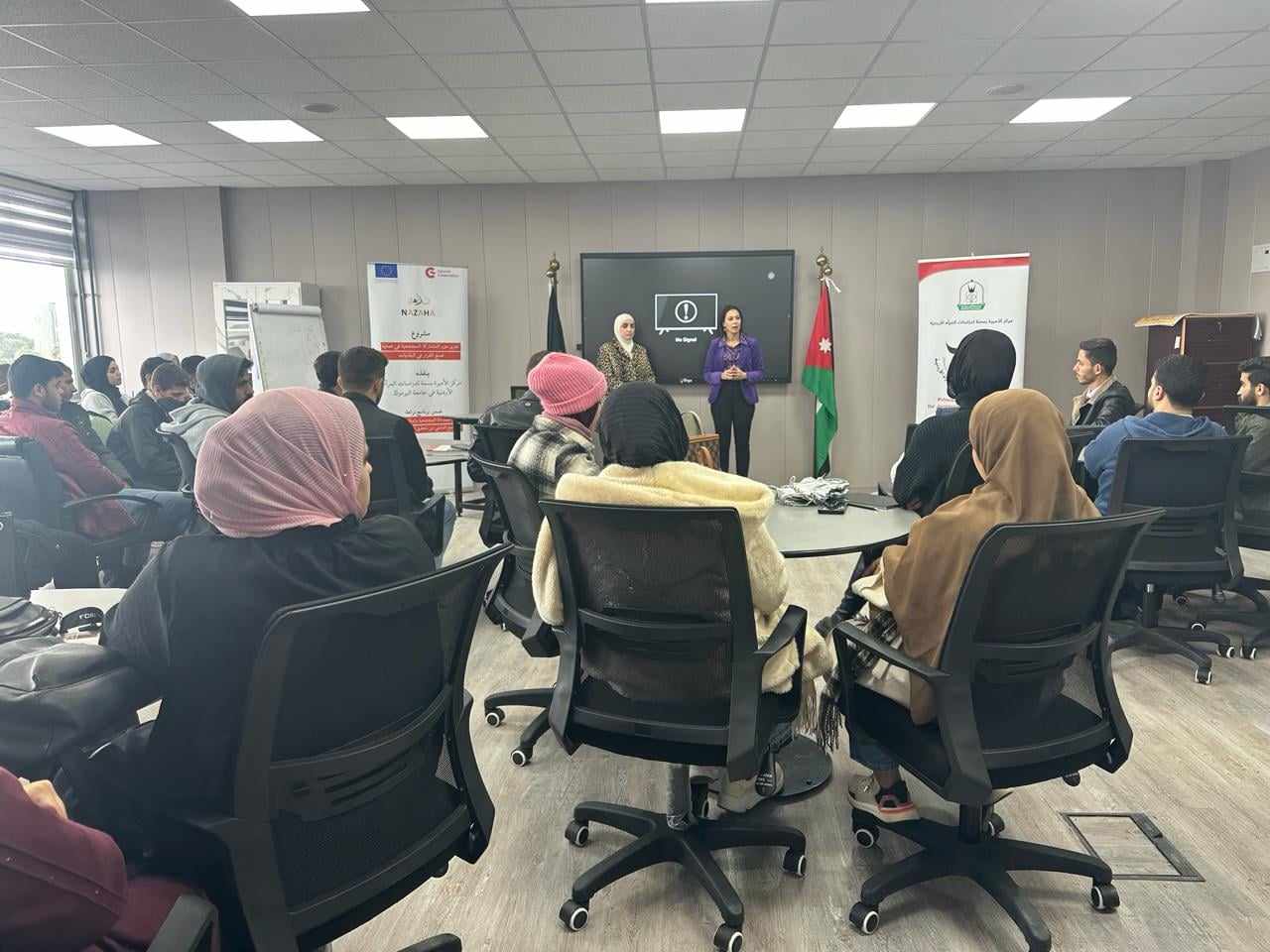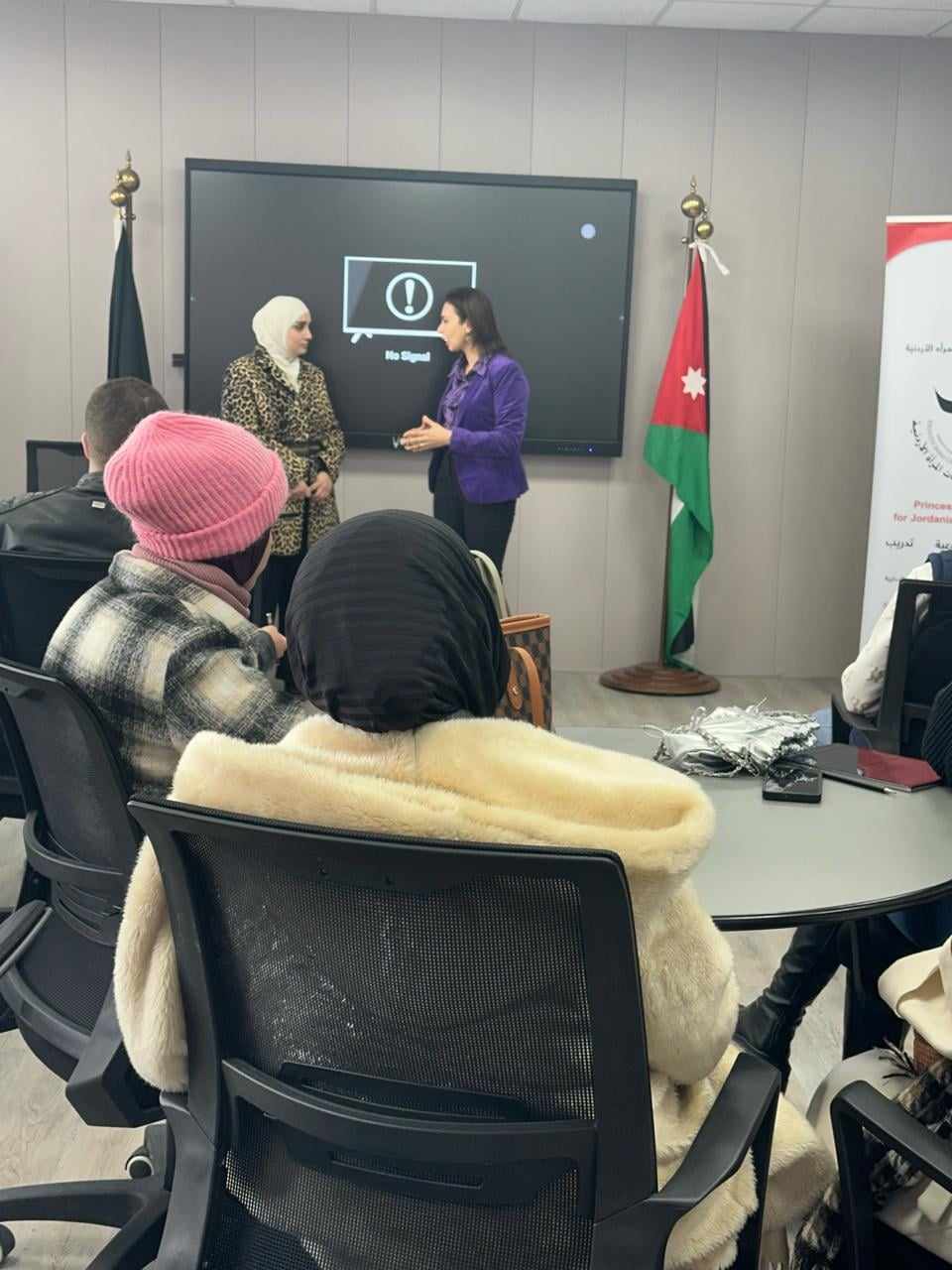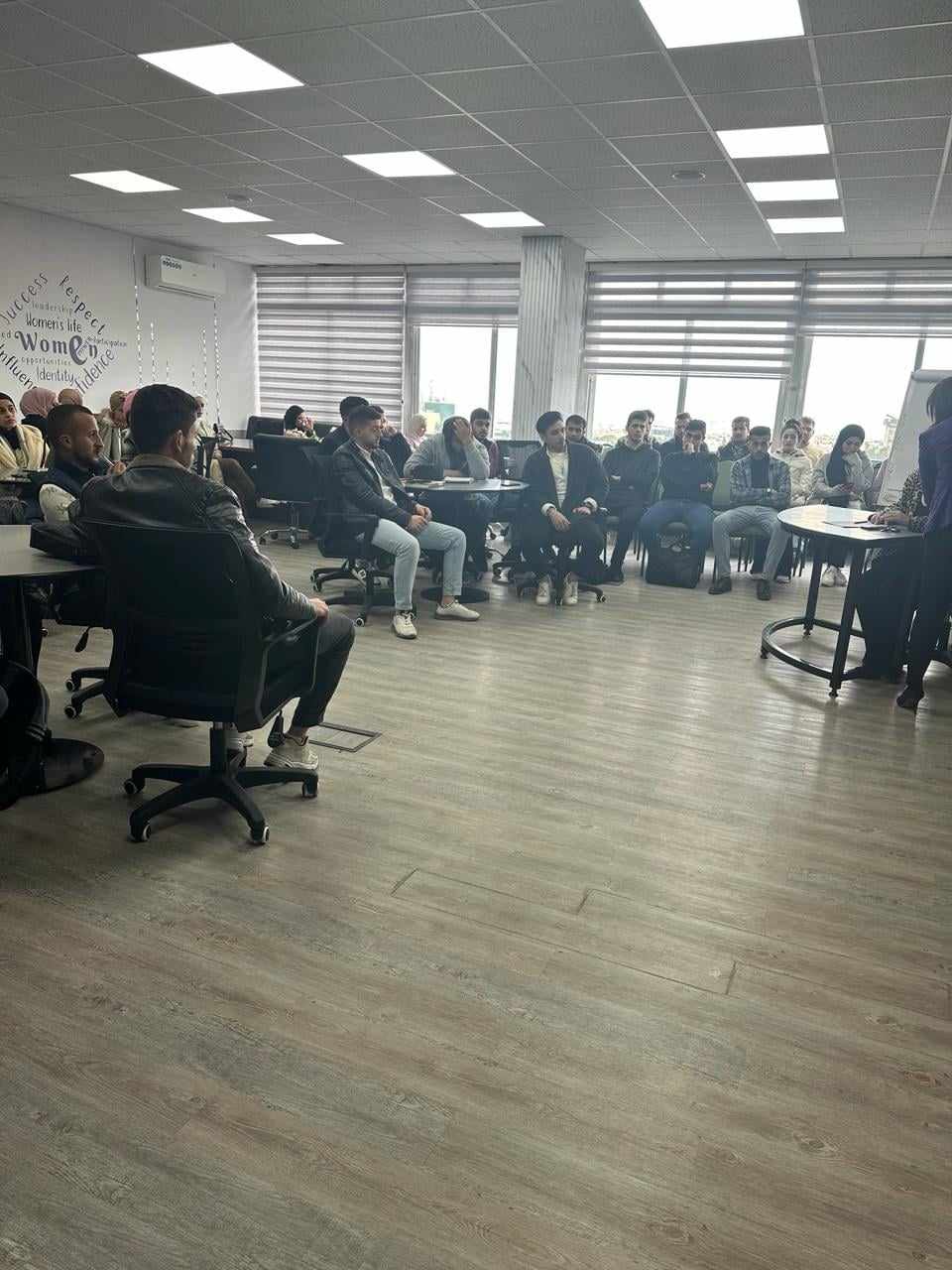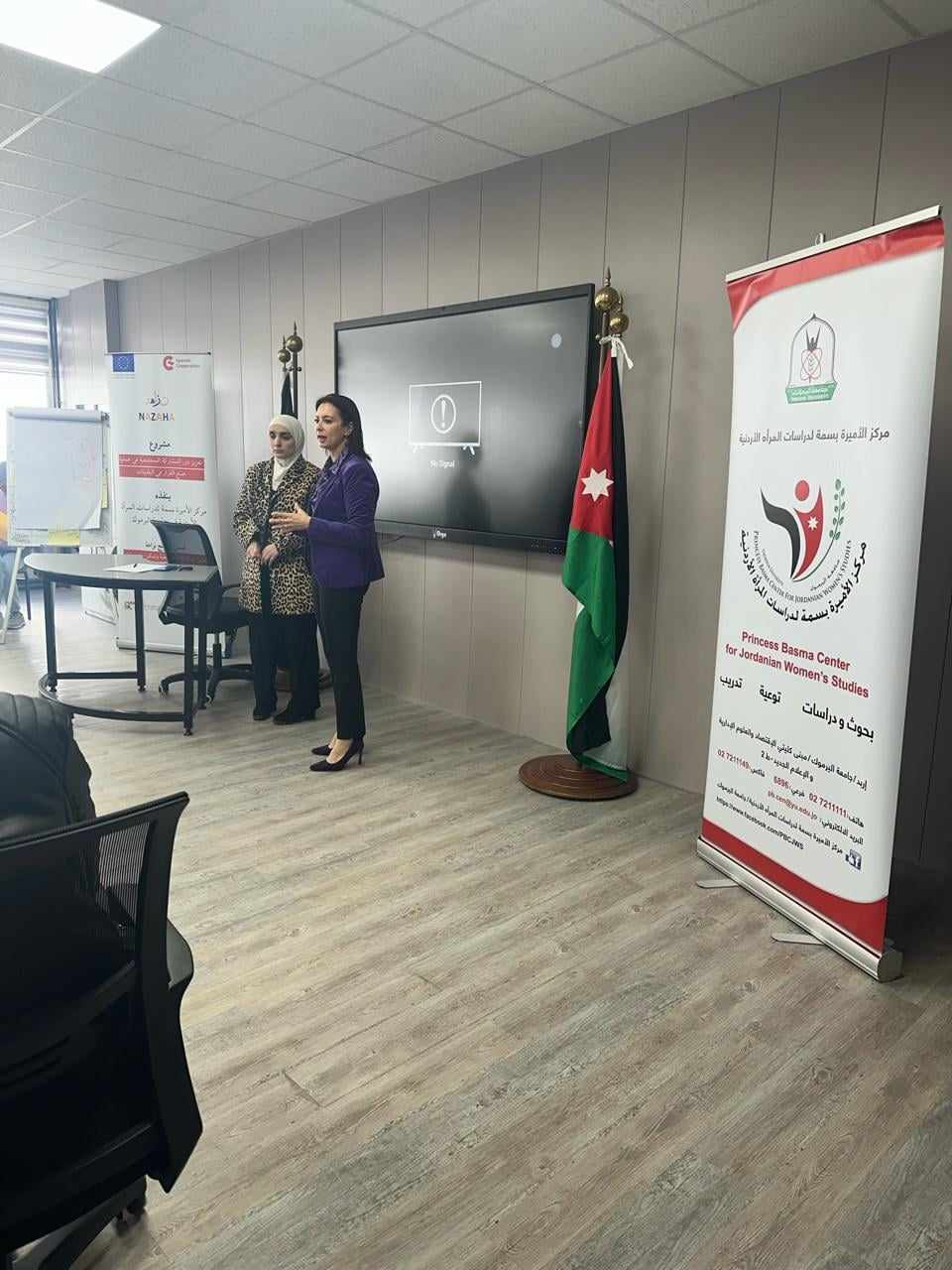
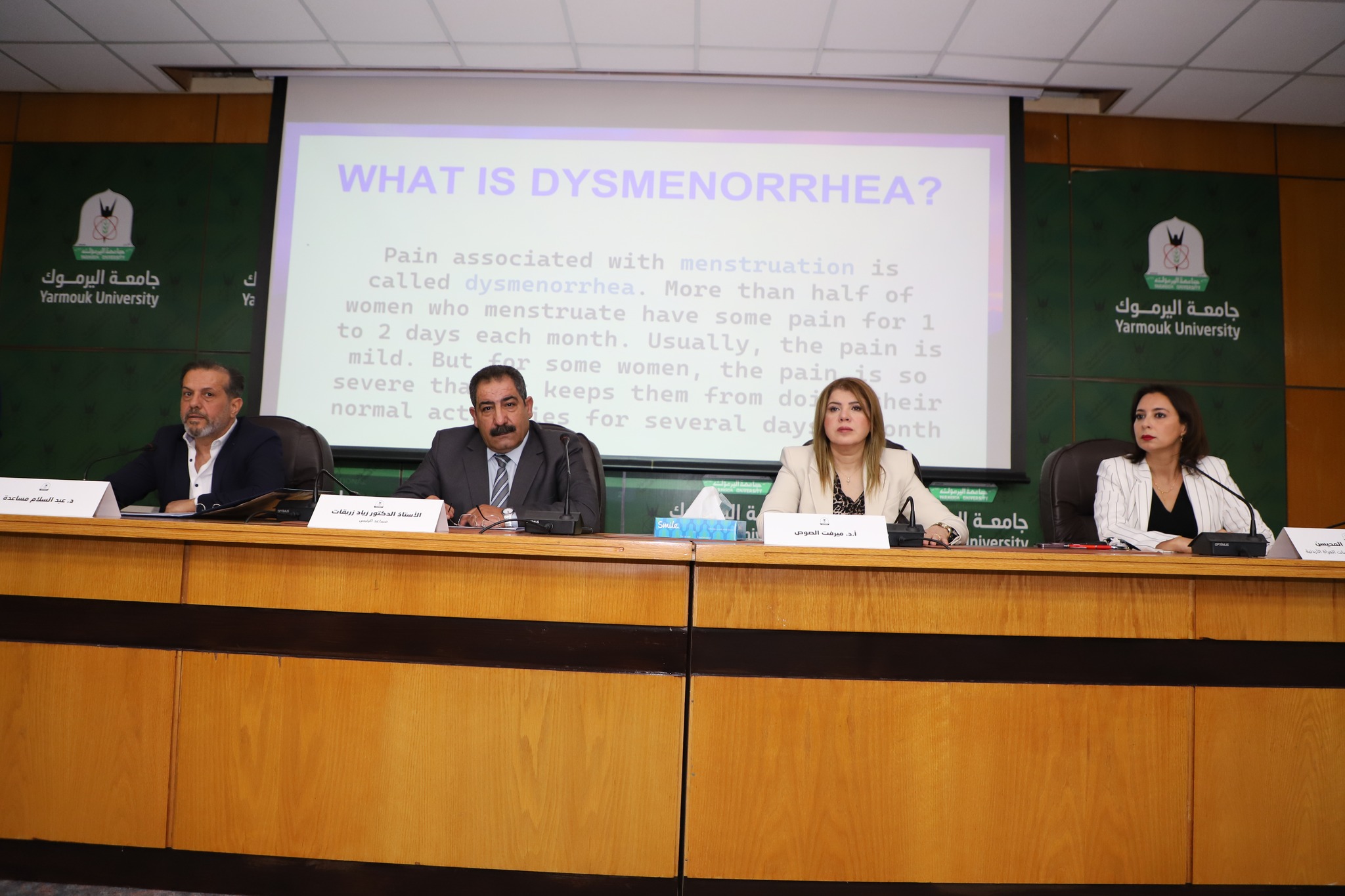
Dr. Ziad Zureikat, Yarmouk University's vice president, supported the launch of the educational event "Women and Health," organized by the Princess Basma Center for Jordanian Women's Studies in collaboration with the Jordanian Women's Union. Dr. Mervat Assous from the College of Pharmacy attended the ceremony, as did Dr. Abdulsalam Massadeh, a family medicine consultant.
Zureikat emphasized Yarmouk University's commitment to expanding its role and social responsibility to other national institutions in order to create a bright future that matches expectations and goals while also cultivating people capable of contributing and developing.
He stated that women are the family's pillar and main sponsor because they are the loyal and persistent wife and caring mother, as well as the strongest and most determined among people, and that Jordanian women have achieved excellence in all aspects of life, whether they are wives, workers, or thinkers, as they have played a pioneering role in achieving sustainable development throughout the Arab world.
Zureikat emphasized that women's health is no longer an intellectual luxury or a purely ceremonial social rite, but rather a developmental and national goal. This is especially important because a woman's health affects not just herself but also her whole family, including her spouse and children.
He went on to say that women's well-being strengthens their position in life and society, allowing them to constructively contribute to change by representing a subtle dynamic for social development and transformation. He stressed that women's improved health, in all its physical, mental, emotional, and other dimensions, is critical to this goal. Zureikat said that women's healthcare requirements include physical care before and after marriage, reproductive health, and a variety of preventative therapies.
The Princess Basma Center for Jordanian Studies and Community Service, under the direction of His Majesty the King and His Royal Highness the Crown Prince, is committed to supporting and empowering Jordanian women in a variety of fields, according to Dr. Butoul Al-Muhaisen, the center's director.
She emphasized the center's efforts to enhance Jordanian women's roles in politics, economics, social work, psychology, and health in order to fulfill the center's lofty vision and strategic objectives.
Al-Muhaisen elaborated on the center's divisions, which include training and guiding Jordanian women in various roles and responsibilities, gathering data and information about Jordanian women, communicating with local and civil society institutions to activate women's roles, and conducting research and studies to assist decision-makers in reintegrating and engaging women in all social roles, ensuring their local and international presence and impact.
Dr. Mervat Assous spoke about the "menopausal age," often known as the age of despair in women, and the importance of the estrogen hormone in avoiding heart attacks, strokes, high blood pressure, high cholesterol, and osteoporosis. She added that a drop in a woman's estrogen levels raises her likelihood of developing these disorders.
She explained the various forms of estrogen and how to take them, as well as how long hormone replacement treatment lasts. Most patients use hormone replacement therapy for no more than five years, checking with their doctor on a frequent basis to reassess their treatment plan. She stated that if a new medical problem occurs during hormone replacement treatment, it is critical to visit a doctor to determine whether continuing the therapy is still safe.
Assous emphasized the benefits of hormone replacement therapy during menopause, such as reducing hot flashes and night sweats, strengthening, and protecting bones from fractures, aiding in the prevention of diabetes, and lowering the risk of heart disease if started within ten years of menopause. She also listed potential adverse effects, such as headaches, and contraindications, such as uterine cancer or blood clots.
She also discussed the risks of hormone replacement therapy during menopause, such as blood clots, uterine cancer, and breast cancer, emphasizing the importance of adhering to a set of general treatment guidelines, which include eating a healthy and balanced diet, exercising regularly, and receiving cognitive behavioral therapy.
Dr. Abdulsalam Massadeh focused on three crucial stages in a woman's life: primary and secondary dysmenorrhea, as well as postpartum depression, which stems from the intense emotional turmoil following childbirth, encompassing feelings of exhilaration, fear, and worry.
He identified depression symptoms that persist beyond the postpartum period, such as depressive mood, significant mood fluctuations, excessive sobbing, trouble bonding with the child, withdrawal from family and friends, and sleeplessness.
Regarding menopause, Massadeh noted that it dealt with the theme of "age of hope," implying that it affects women as a result of major fluctuations in estrogen levels, which occur as women age.
